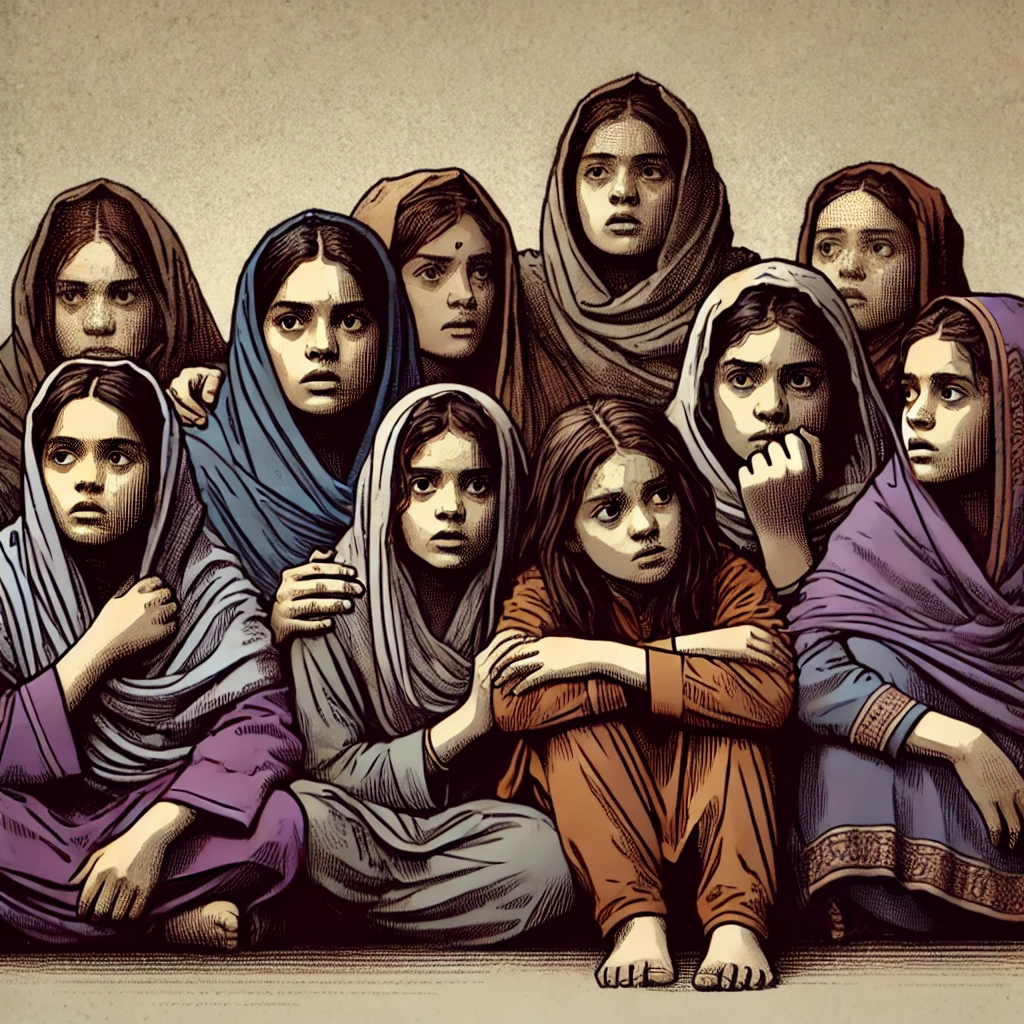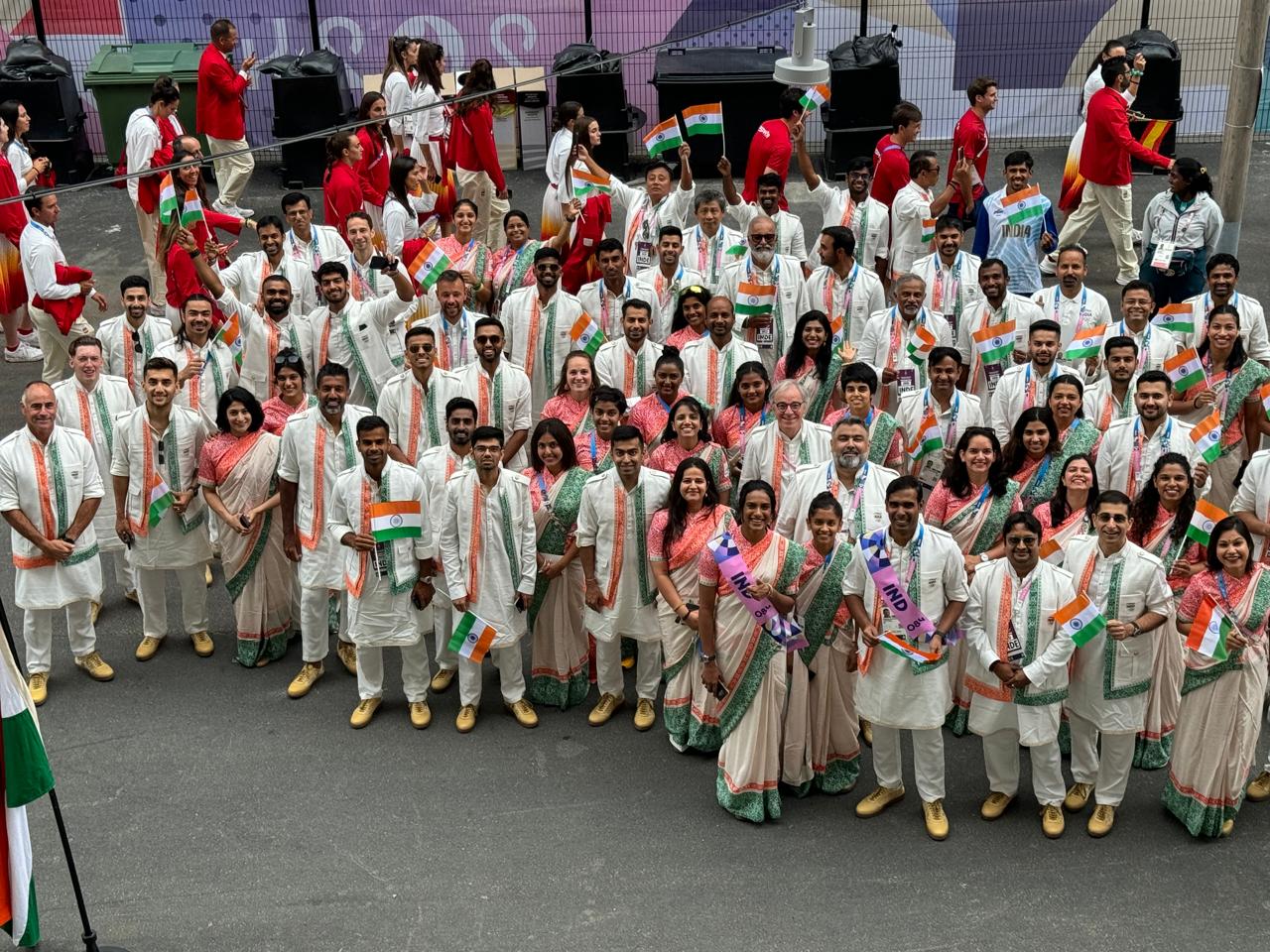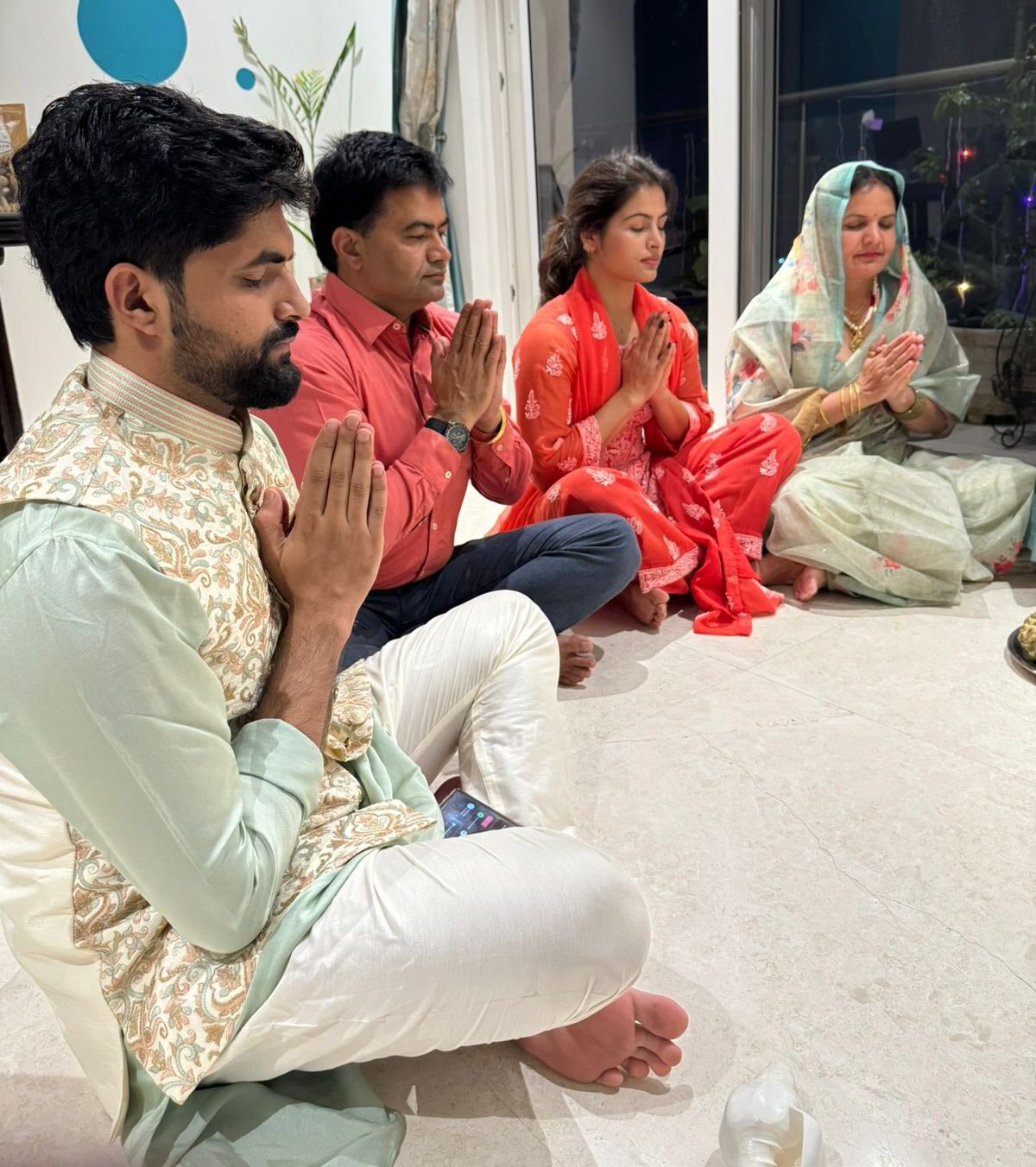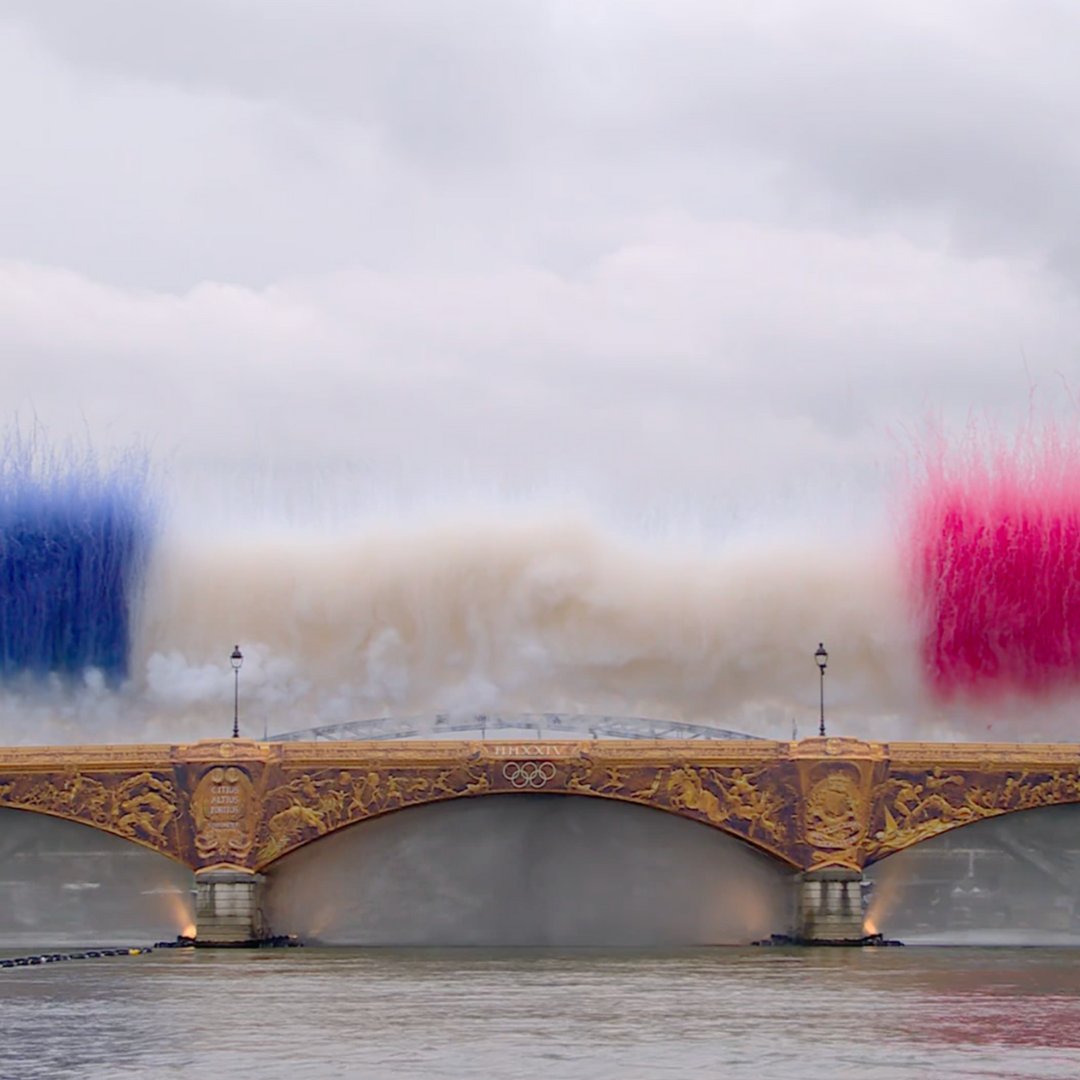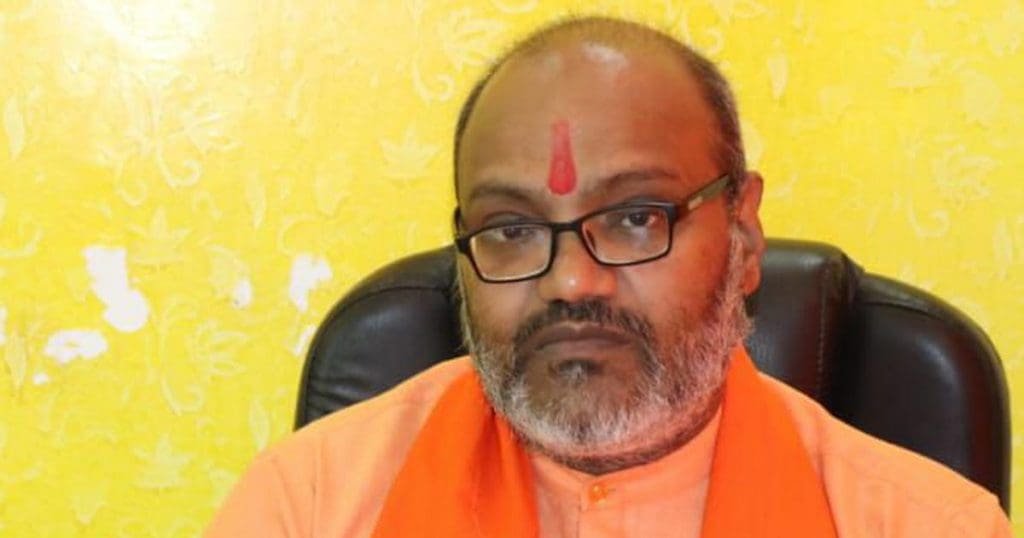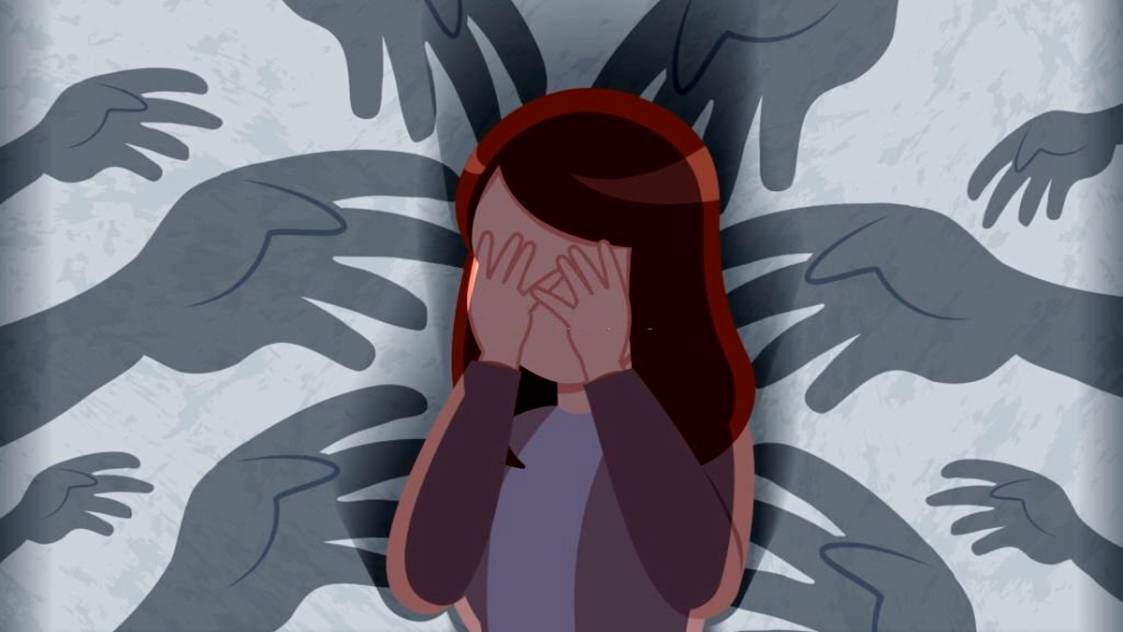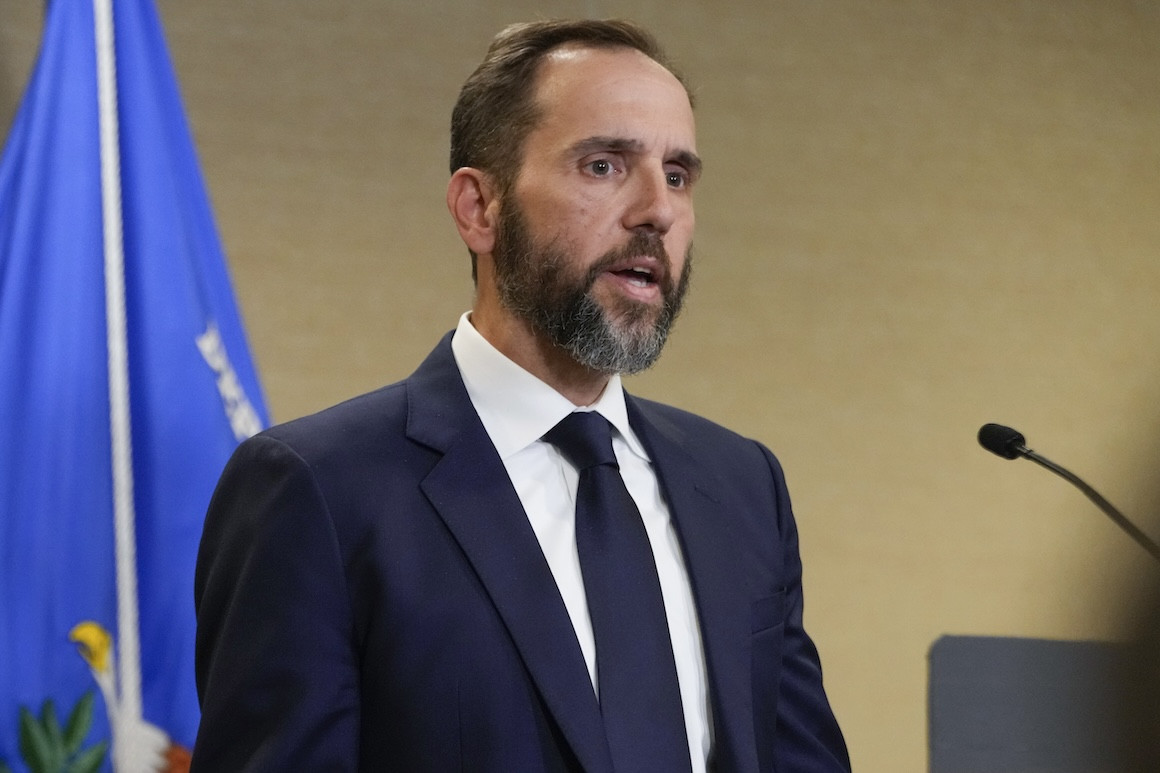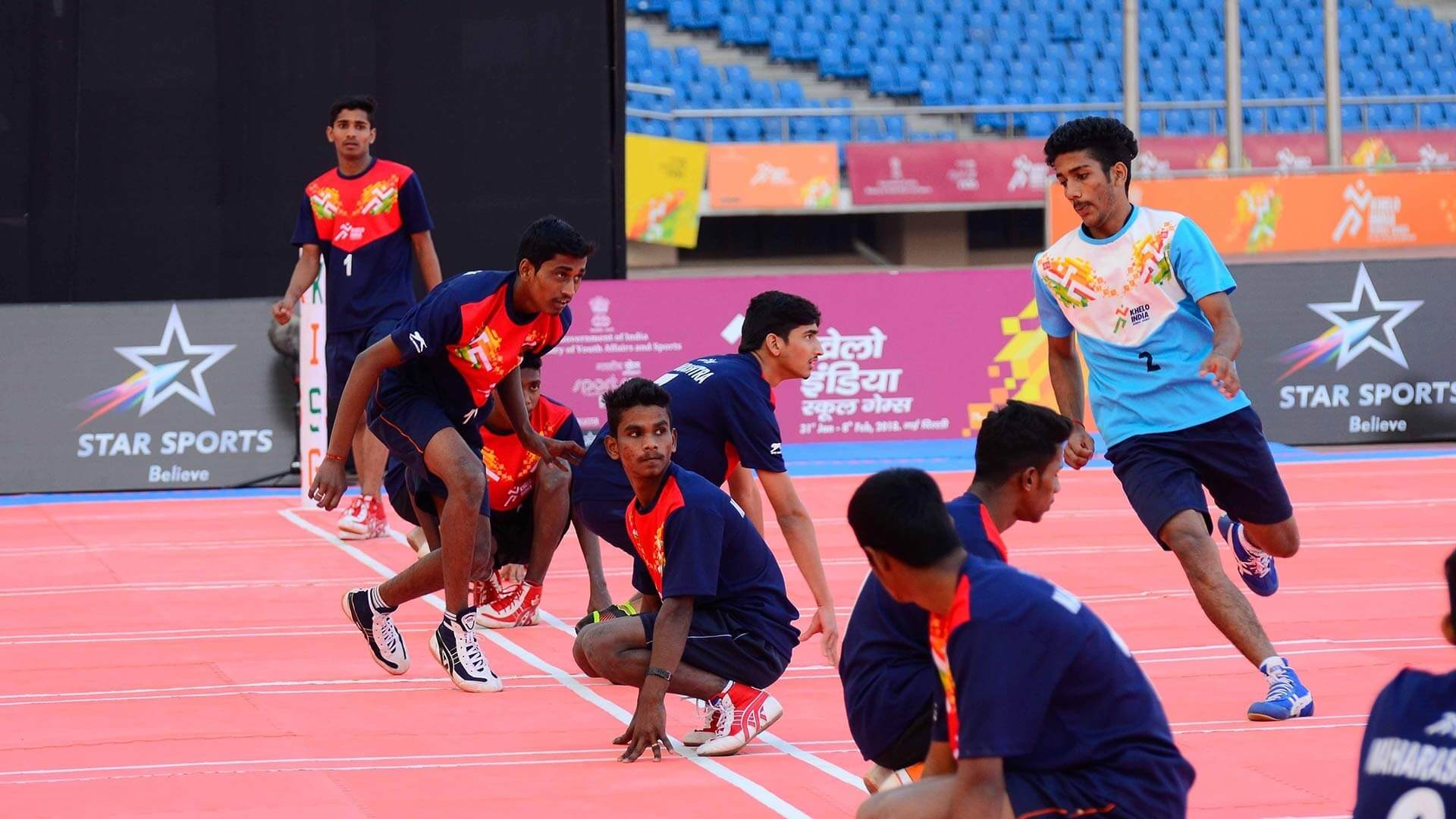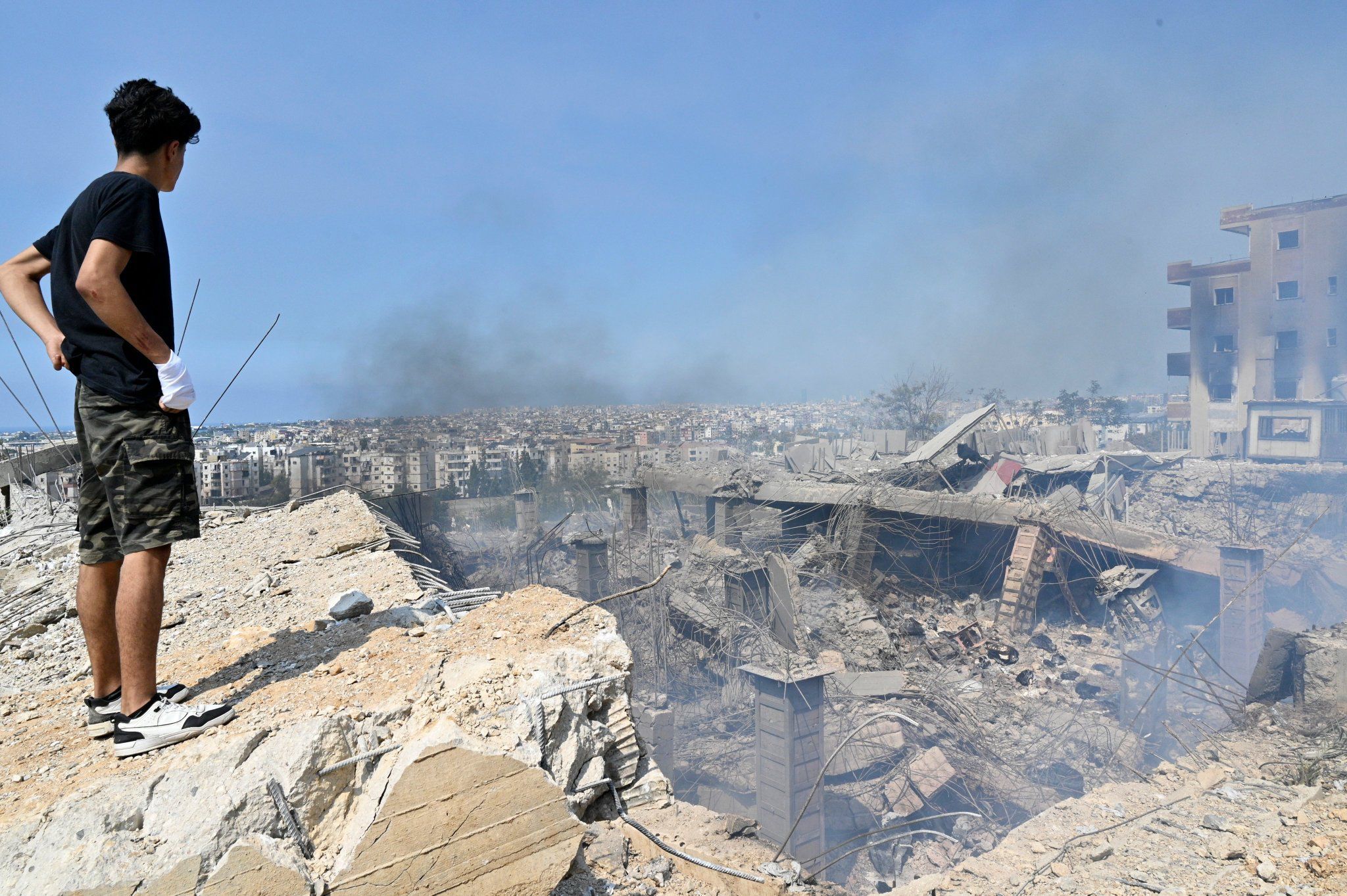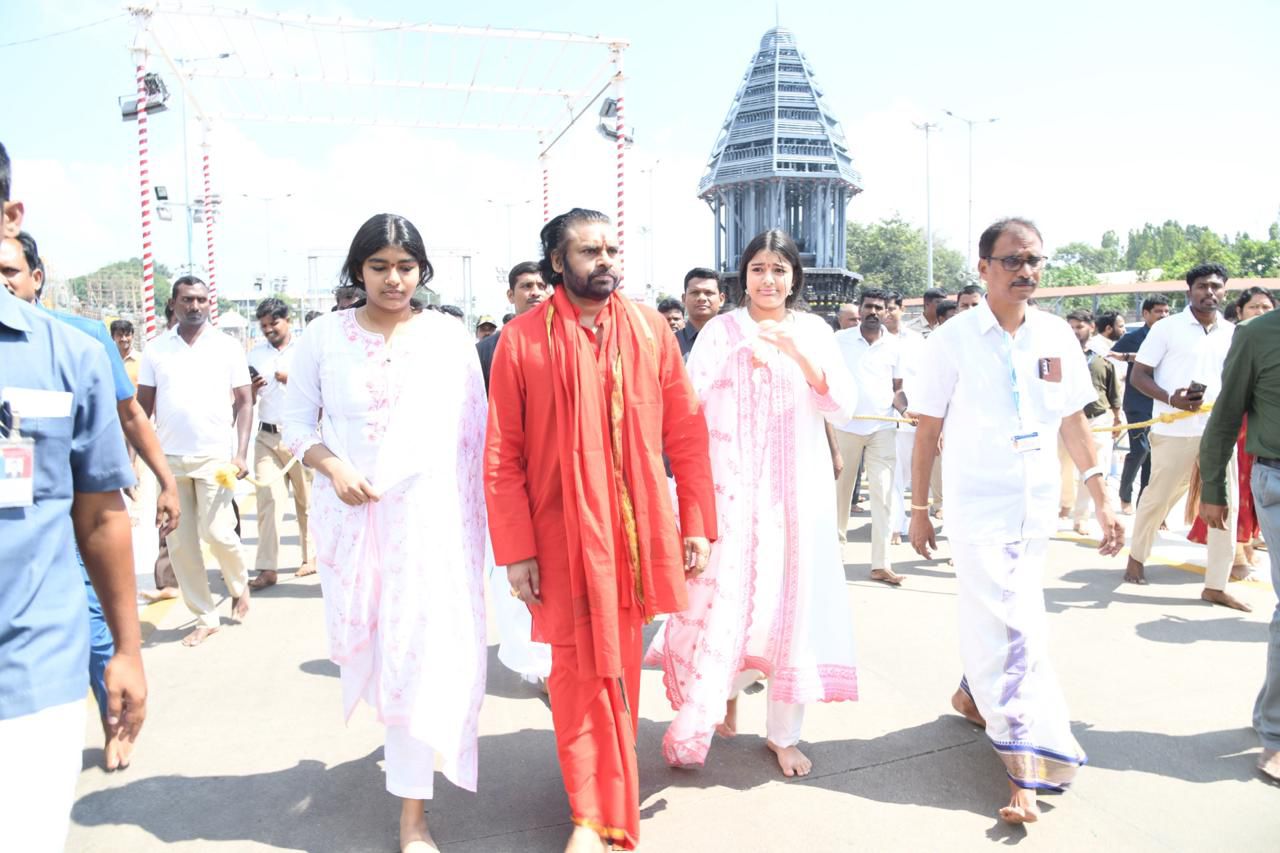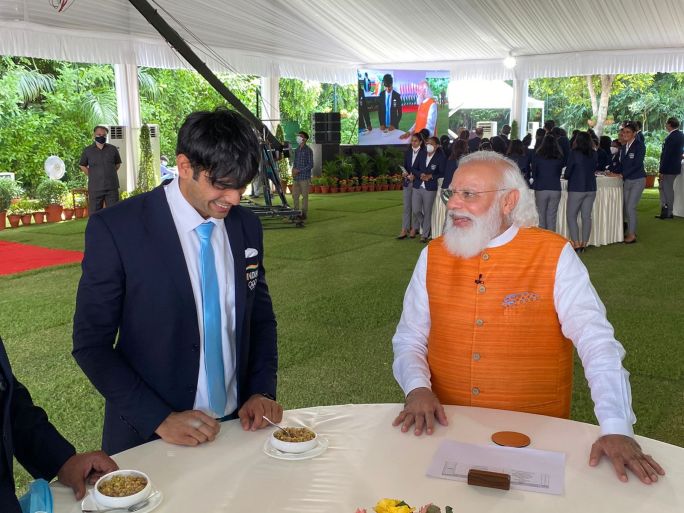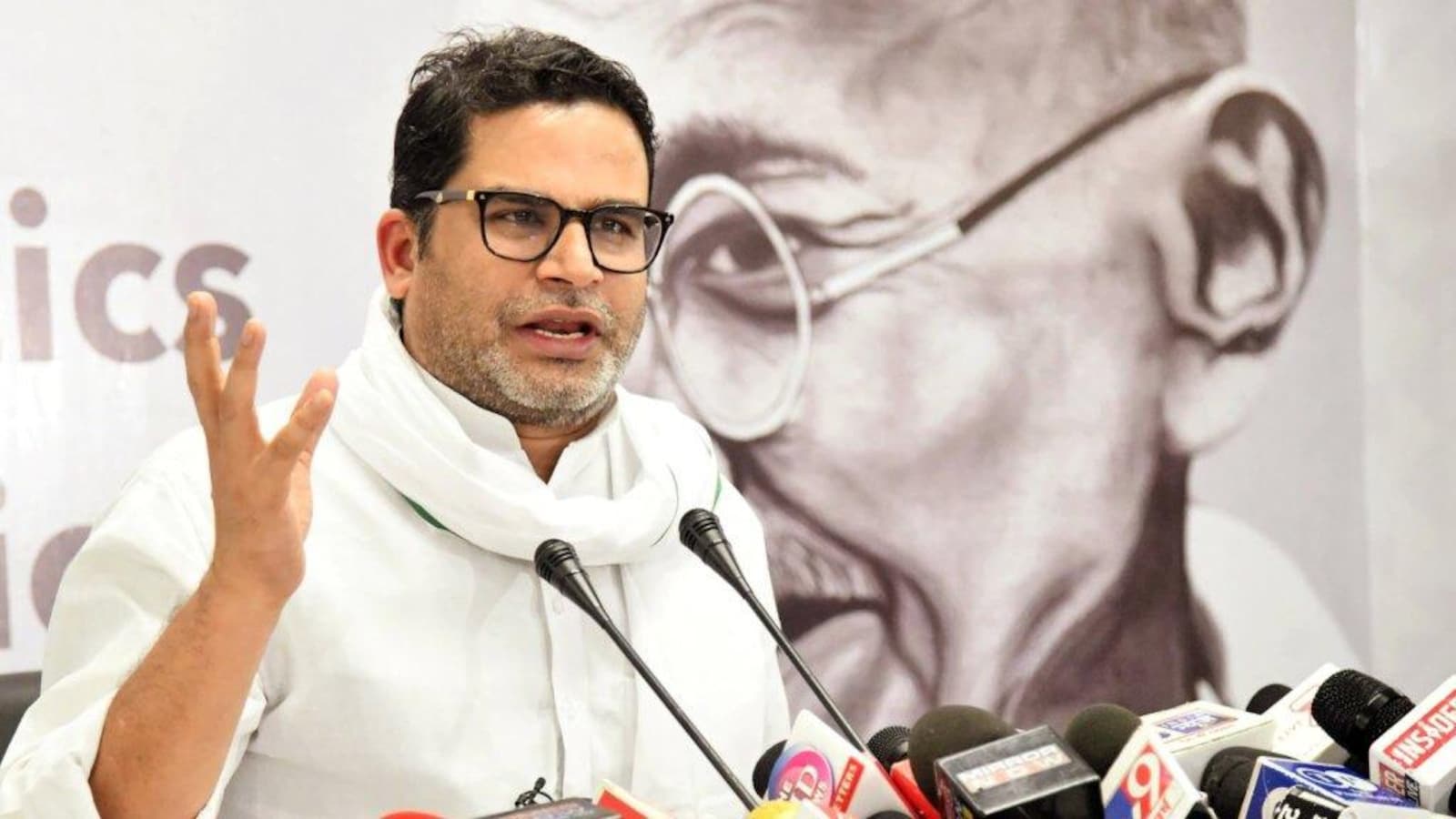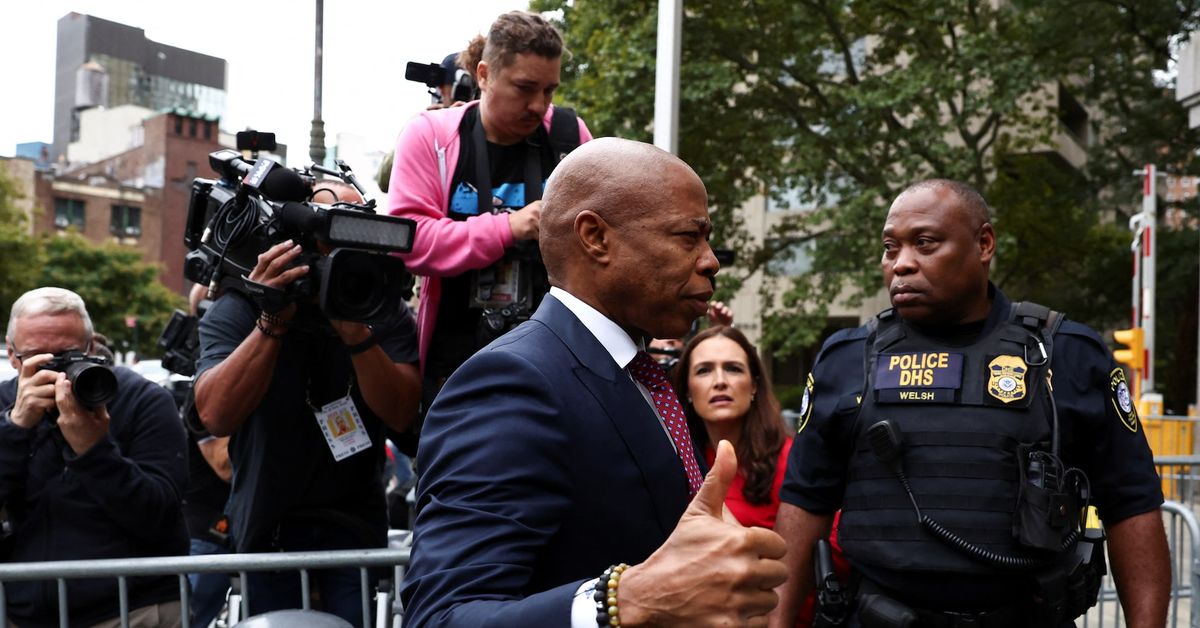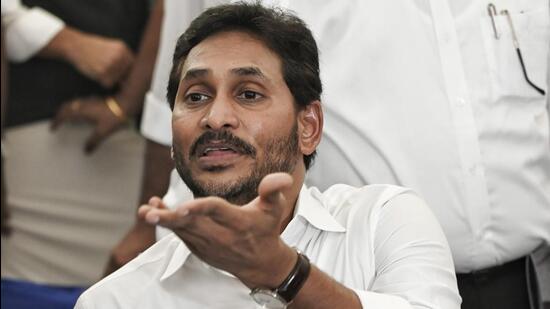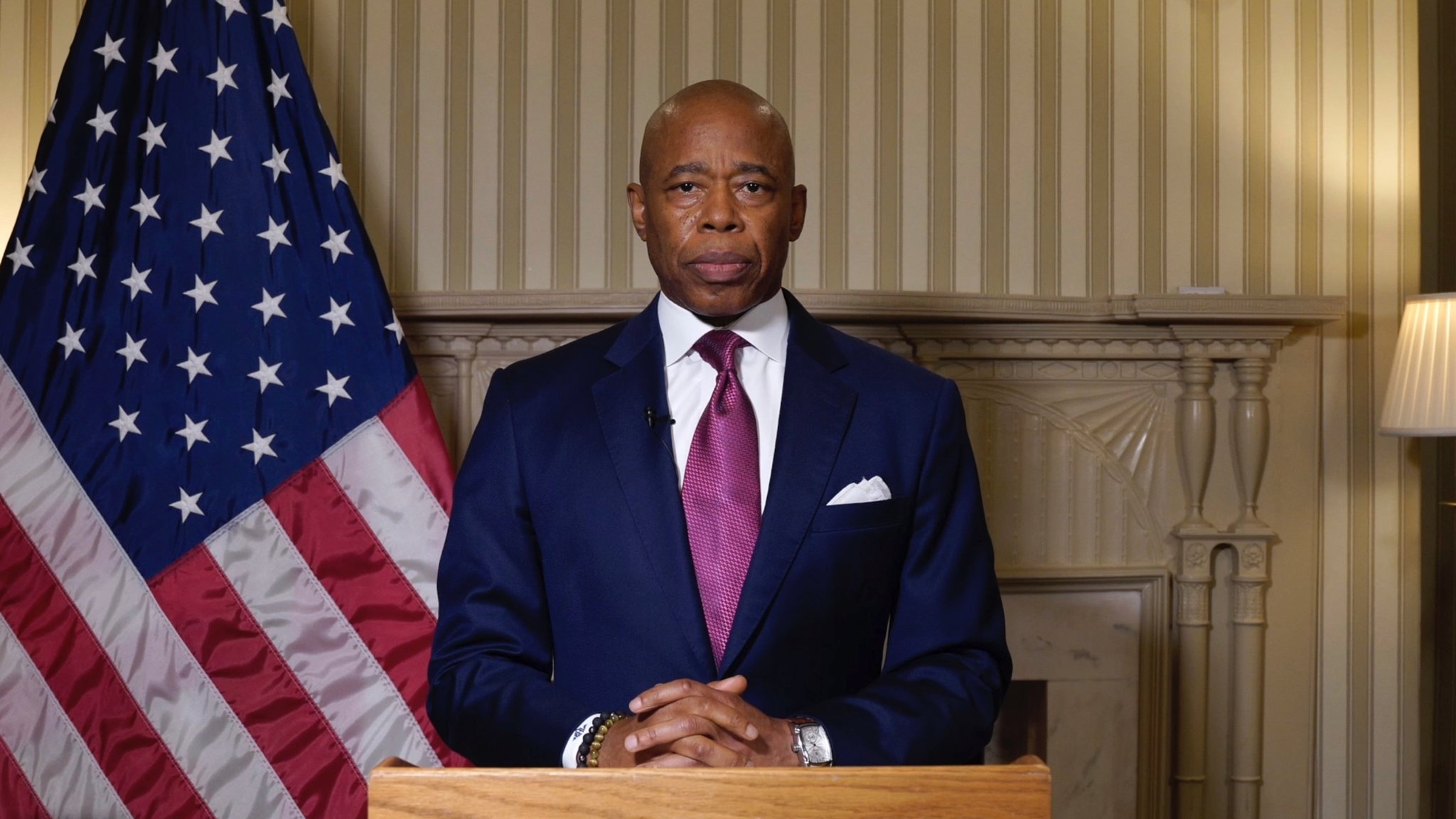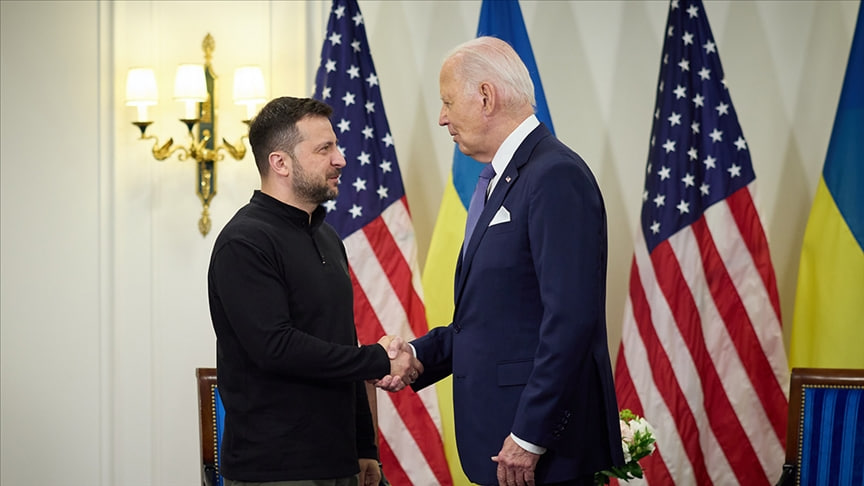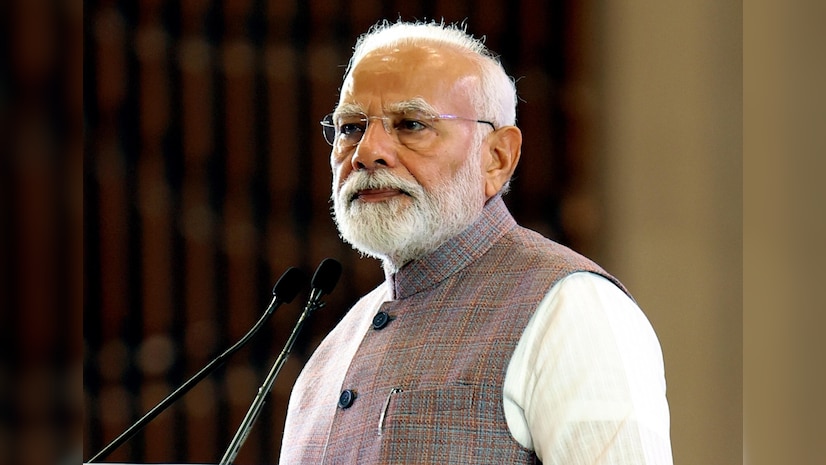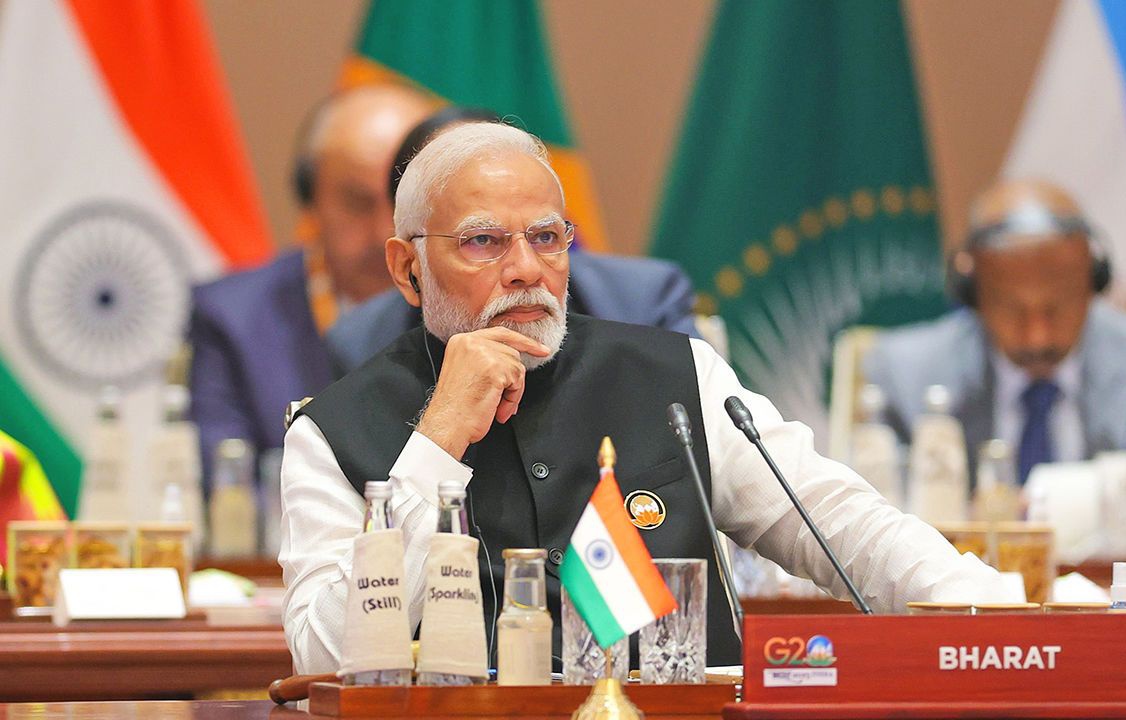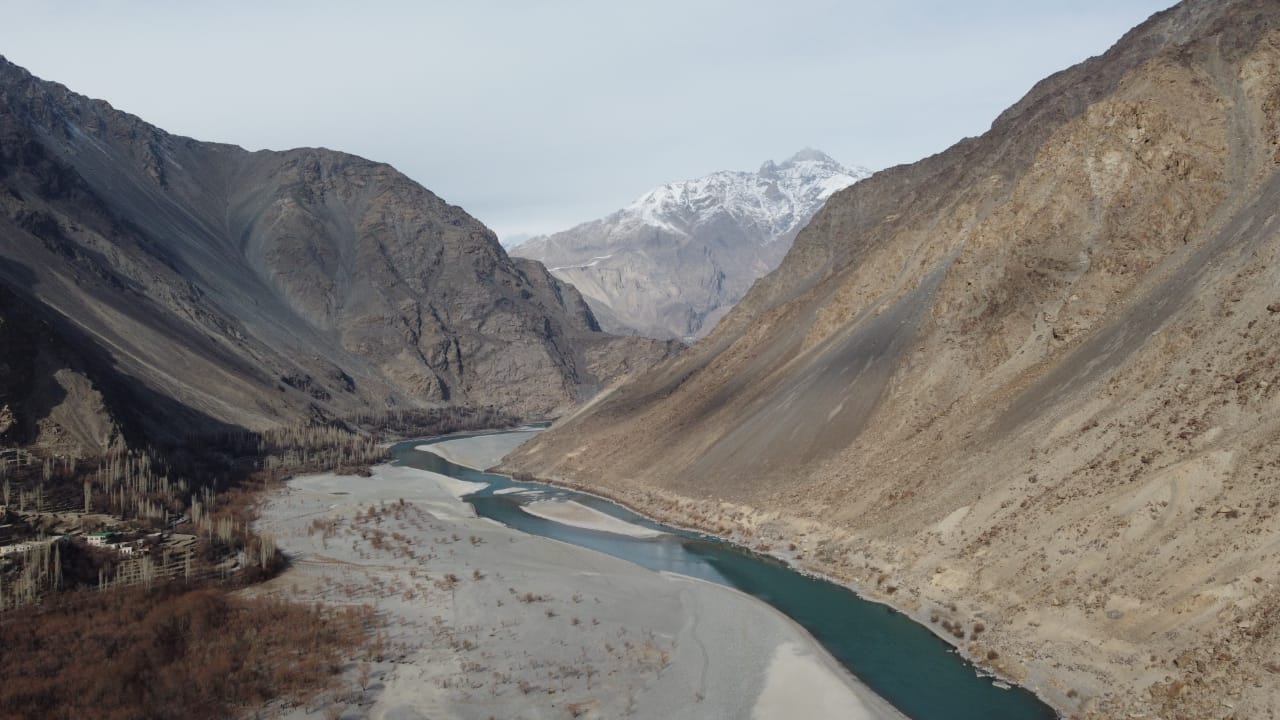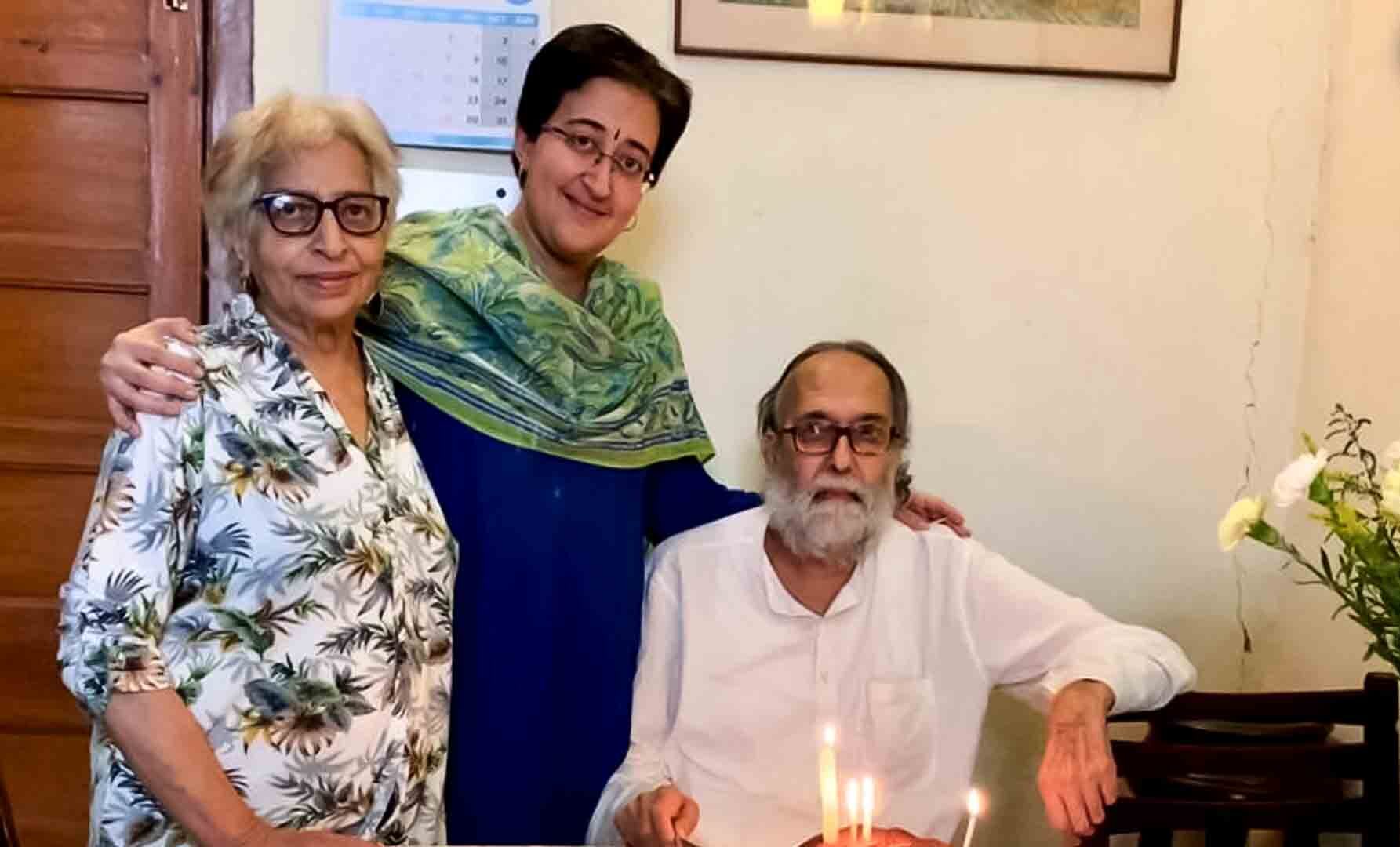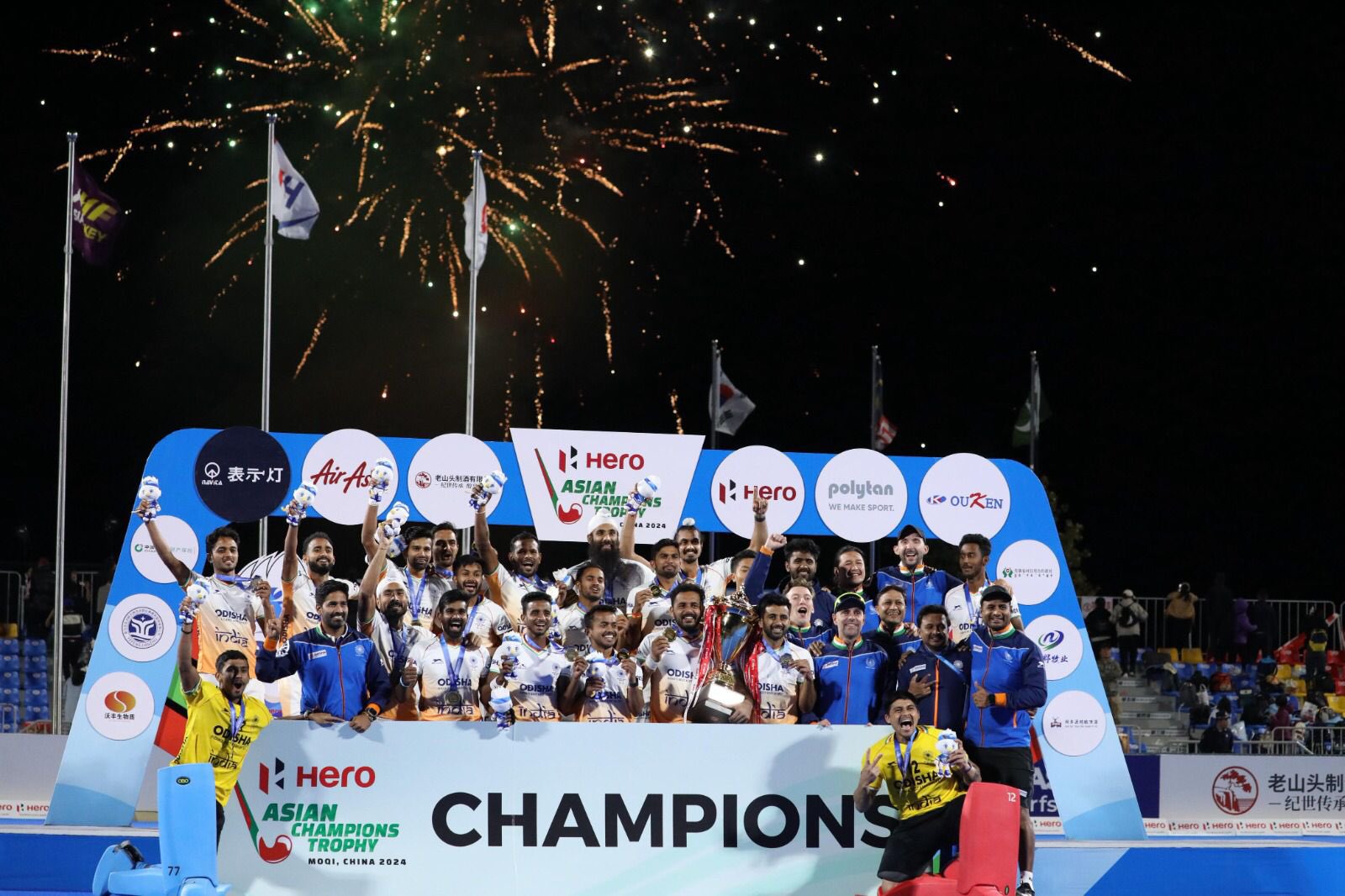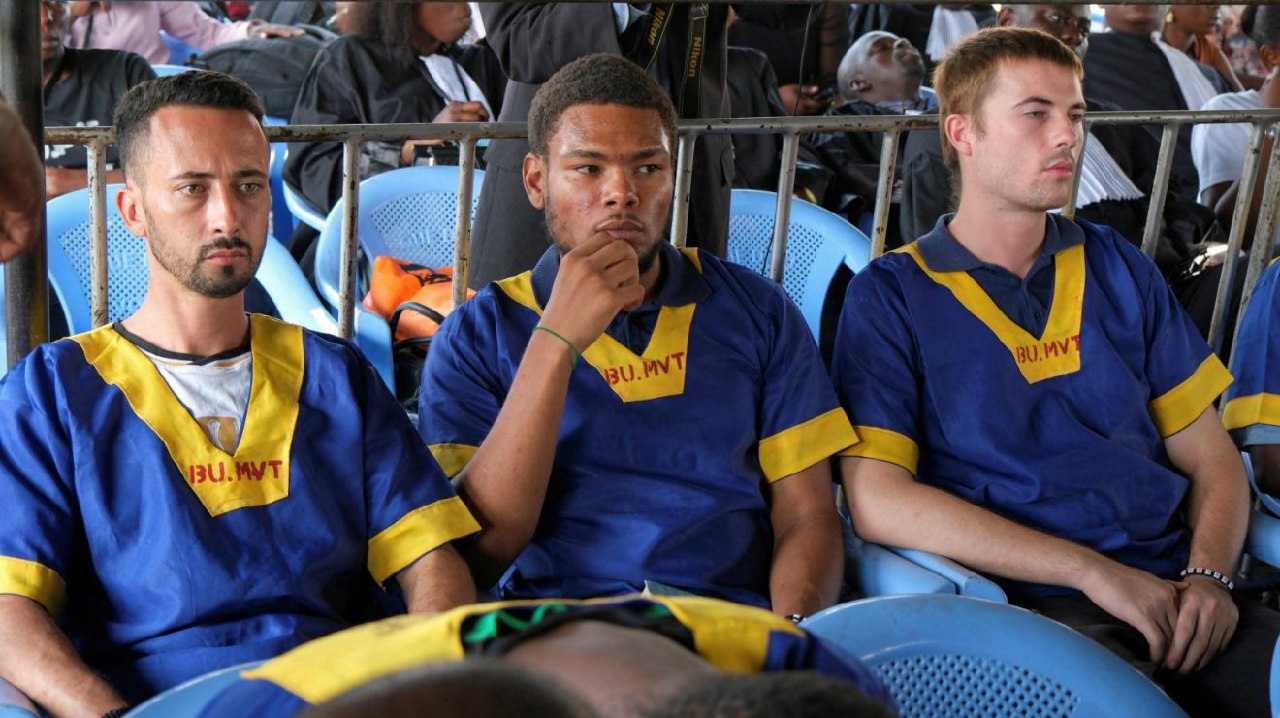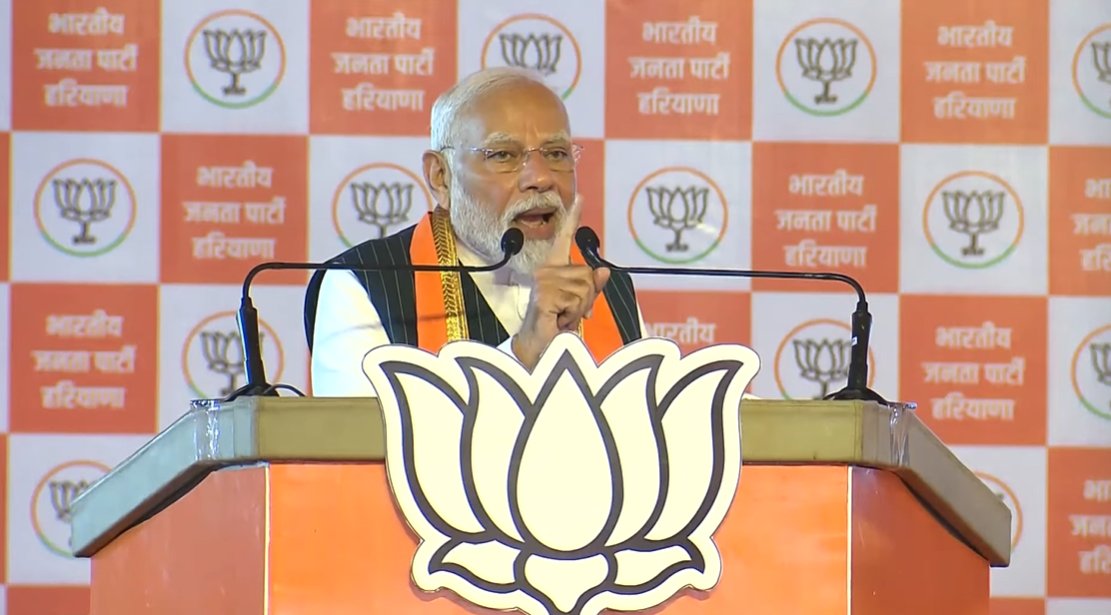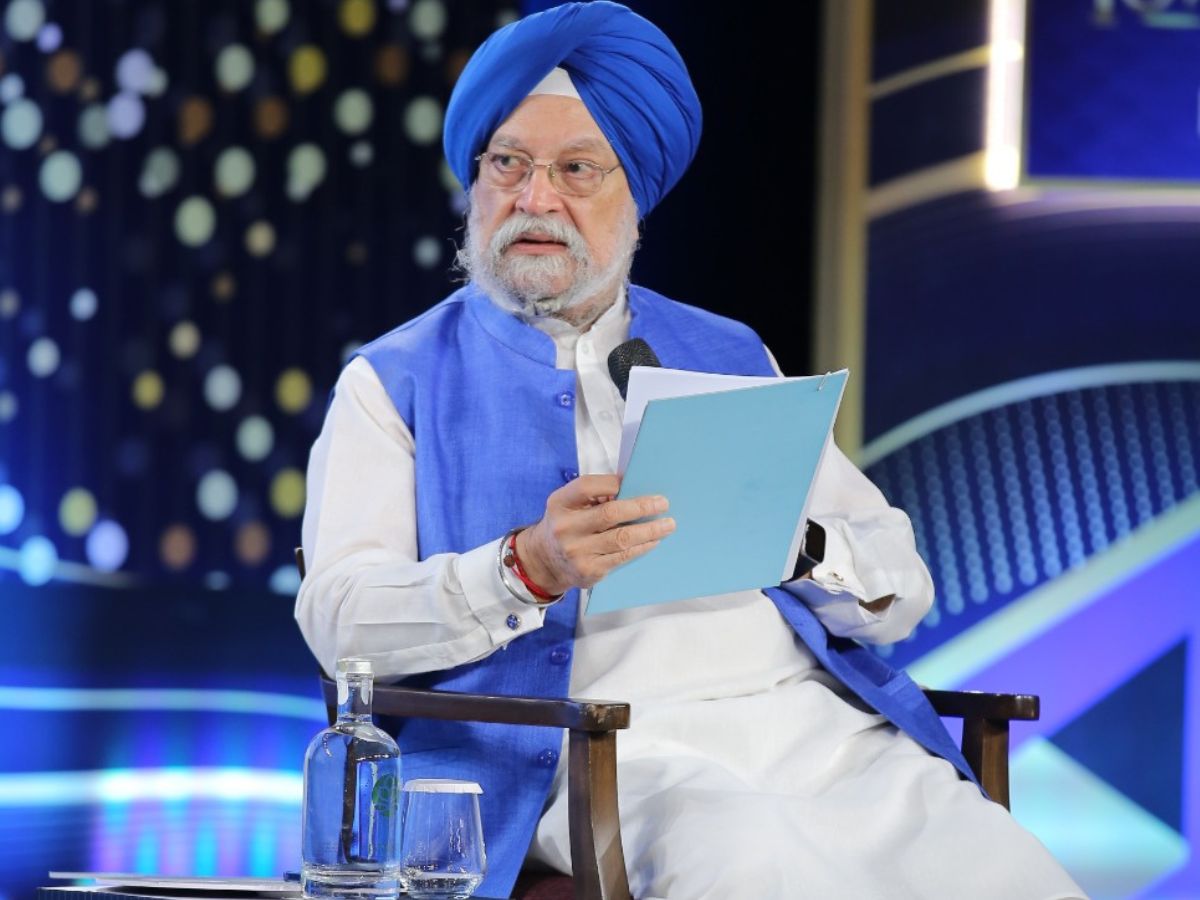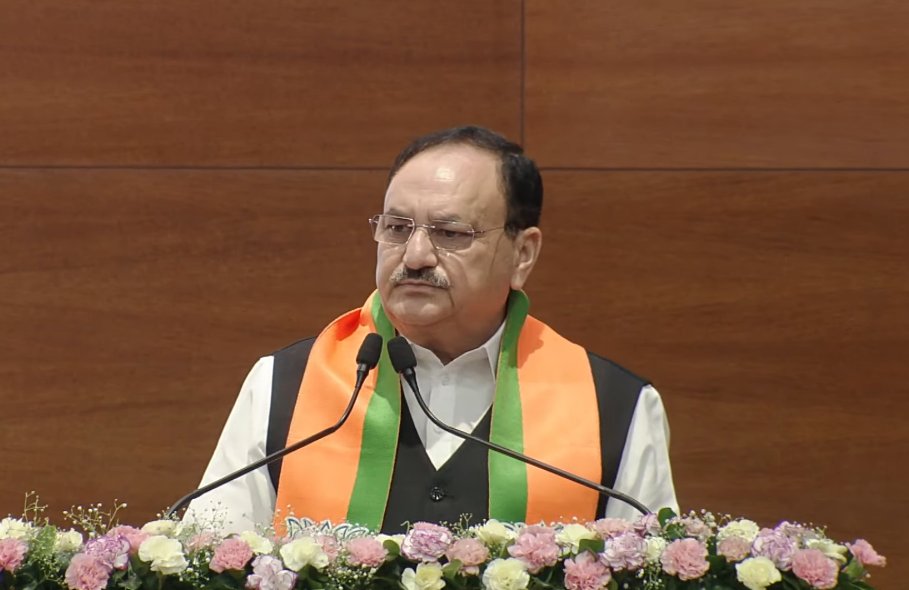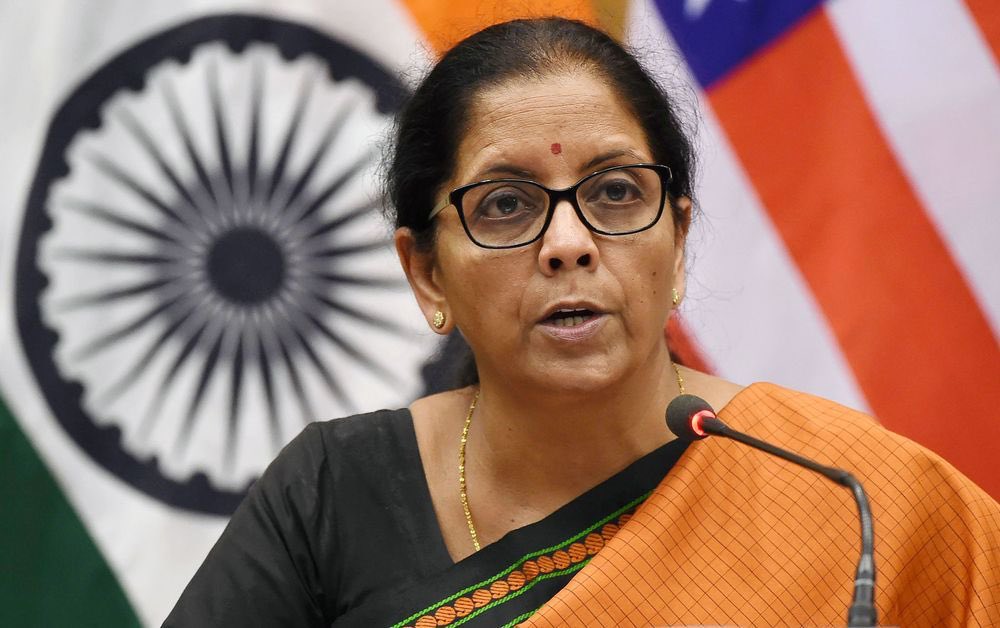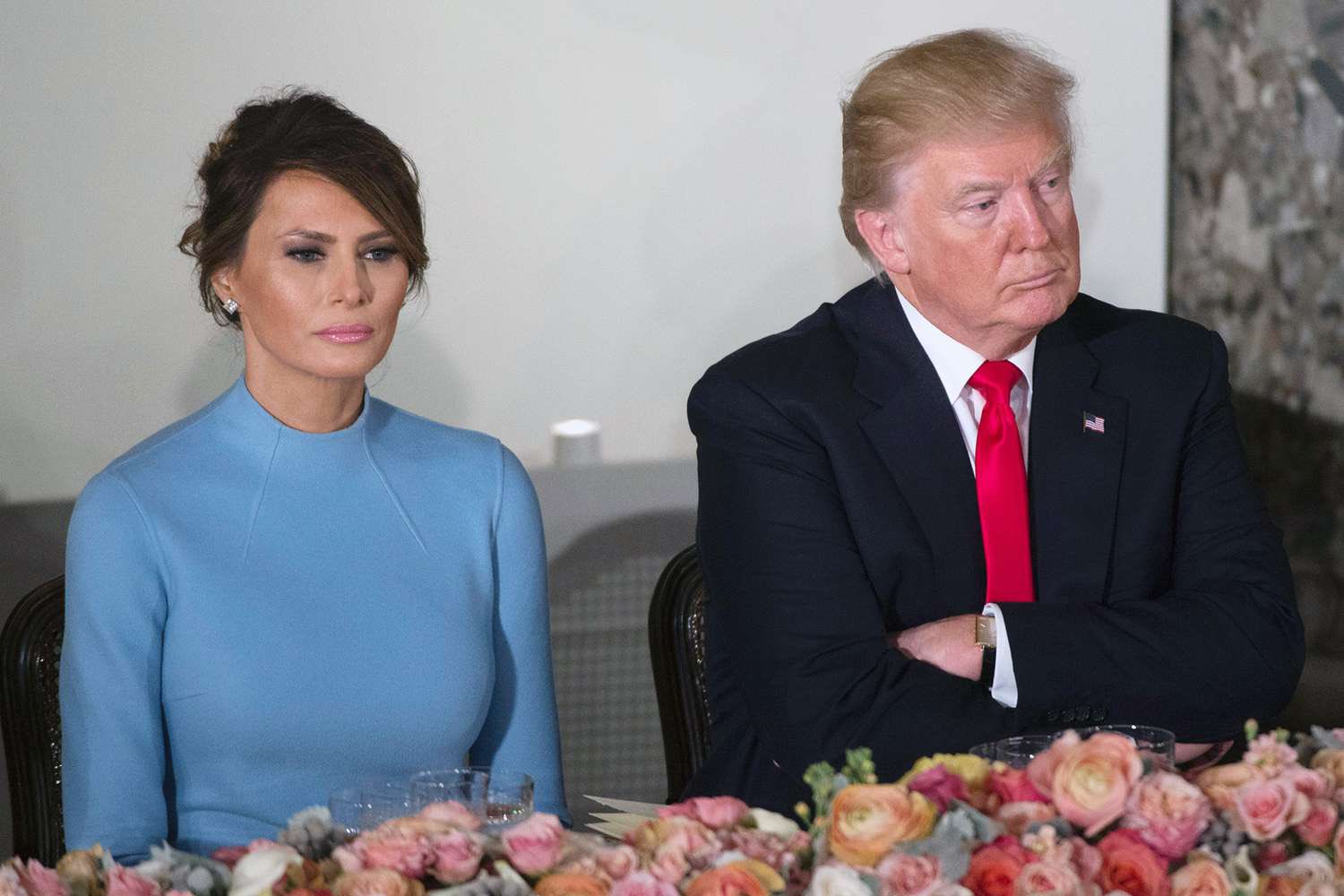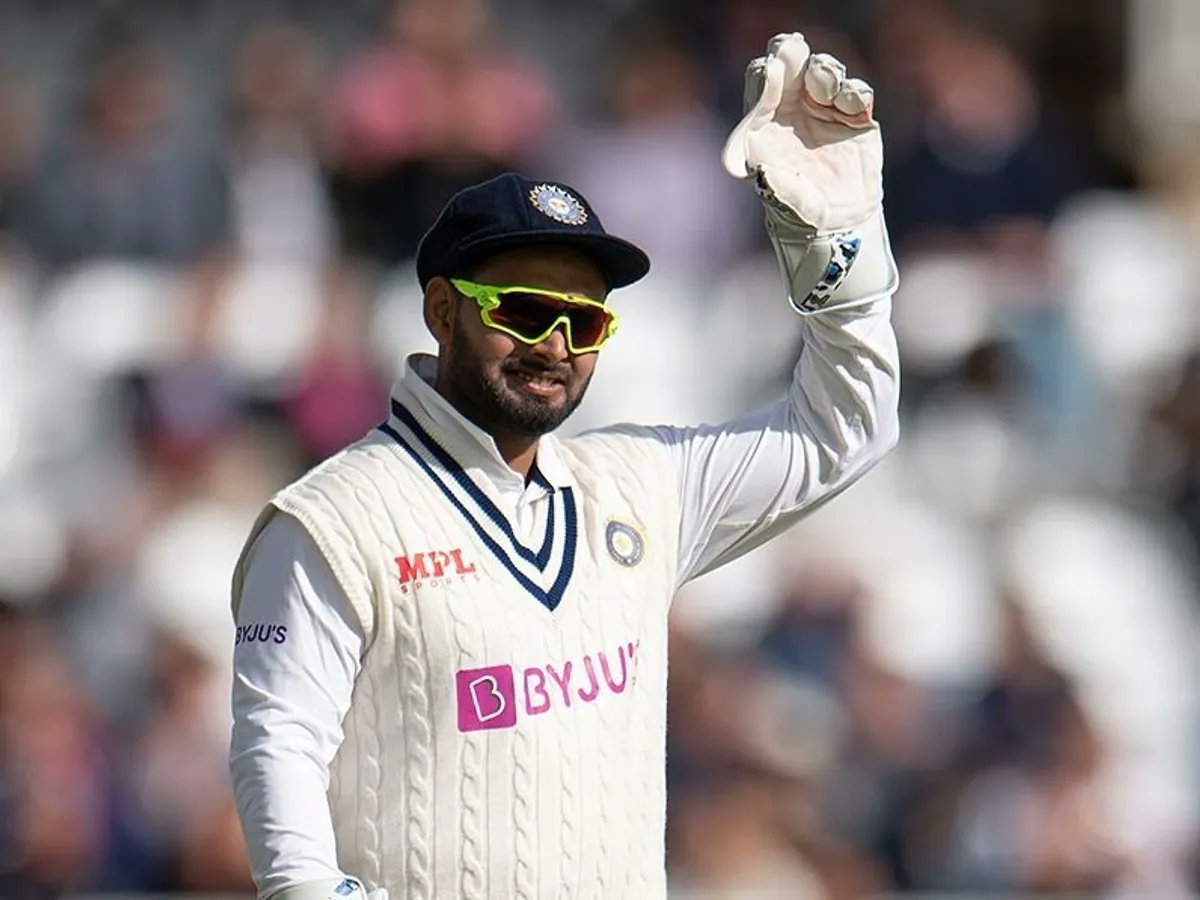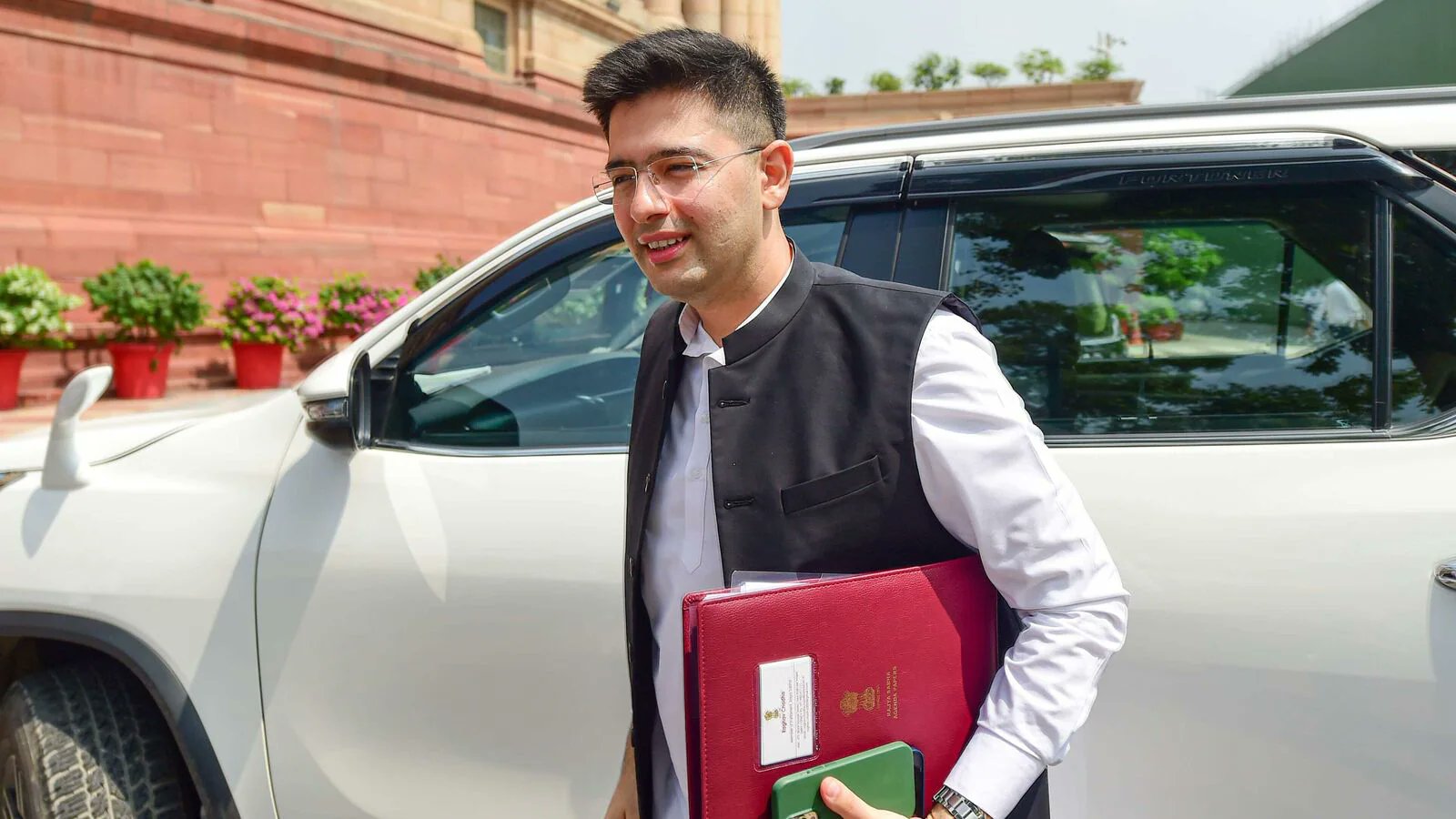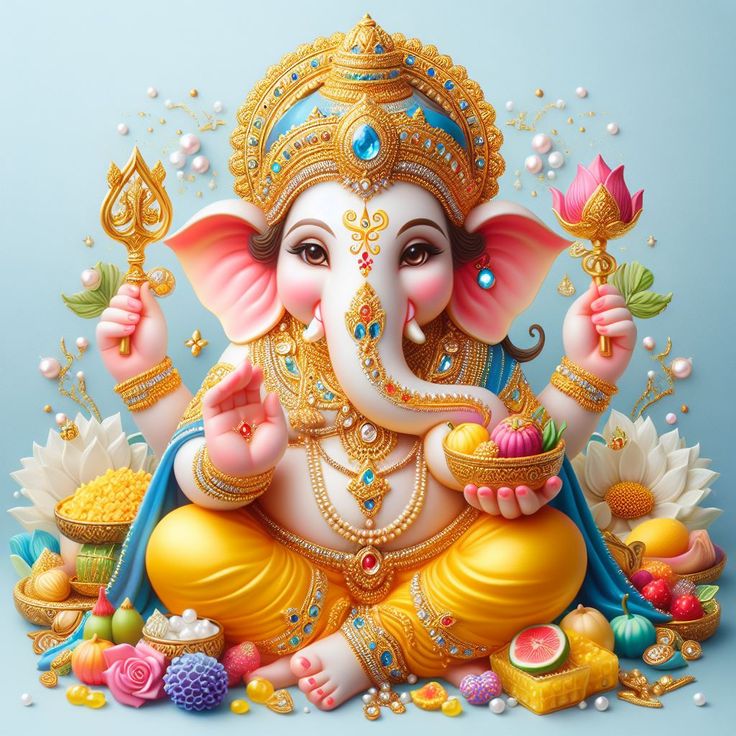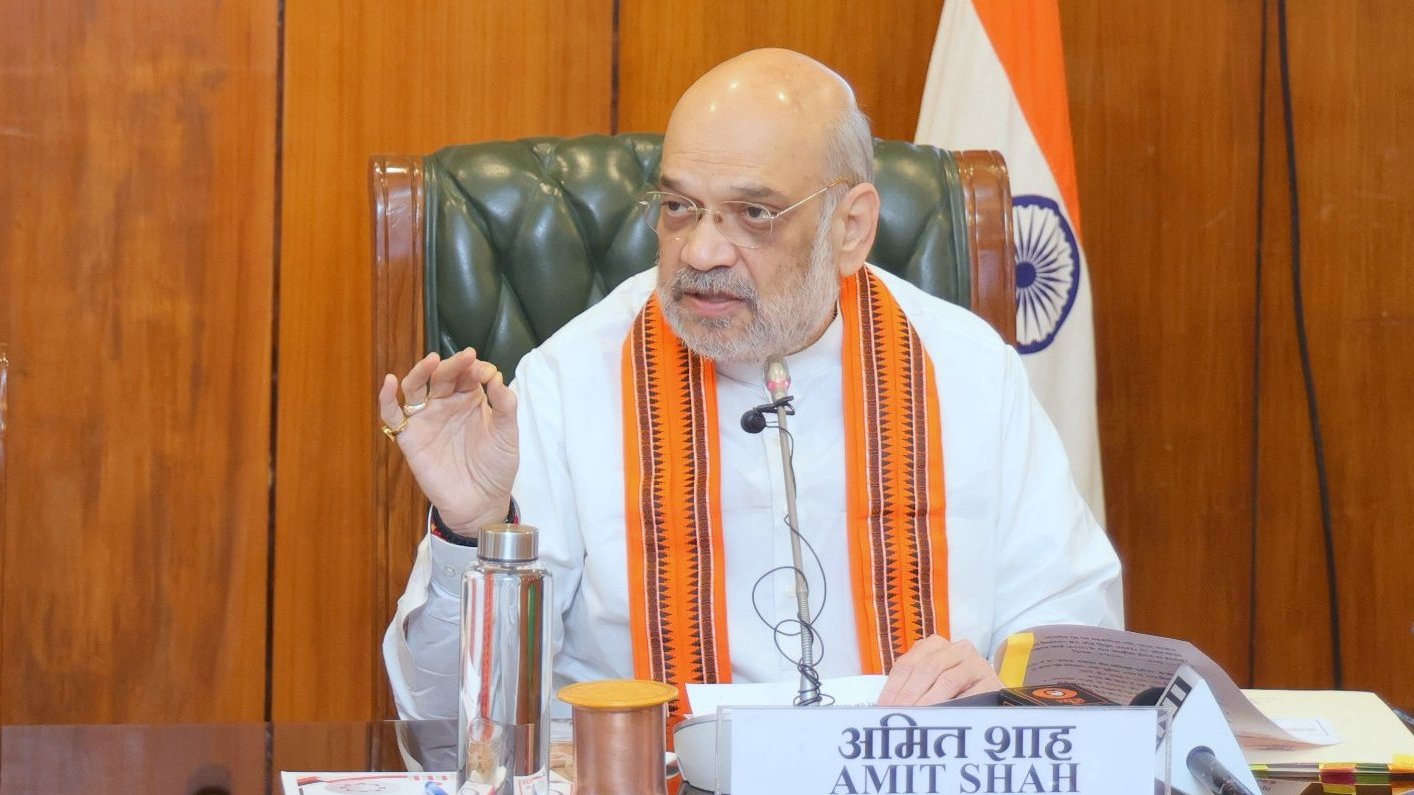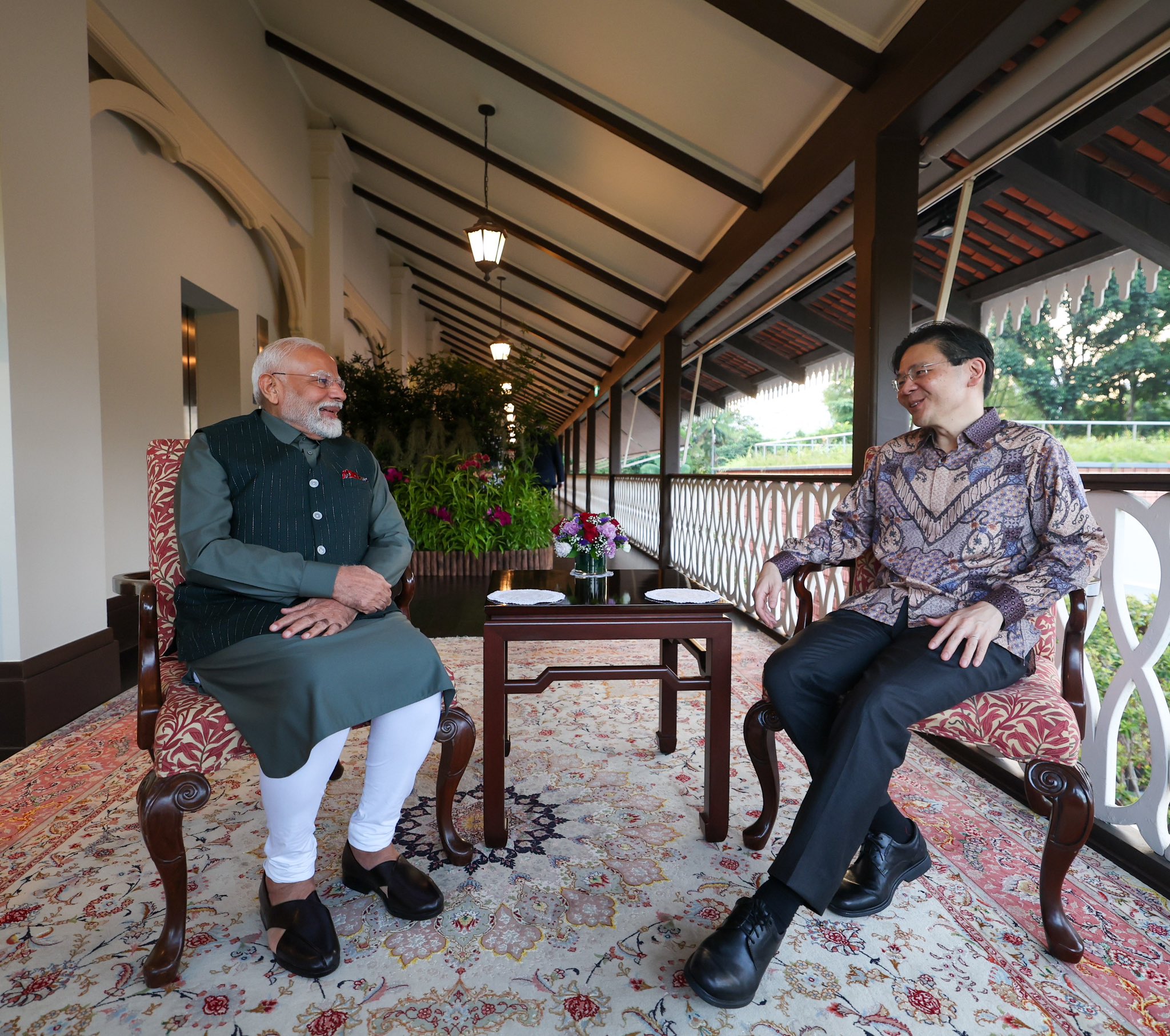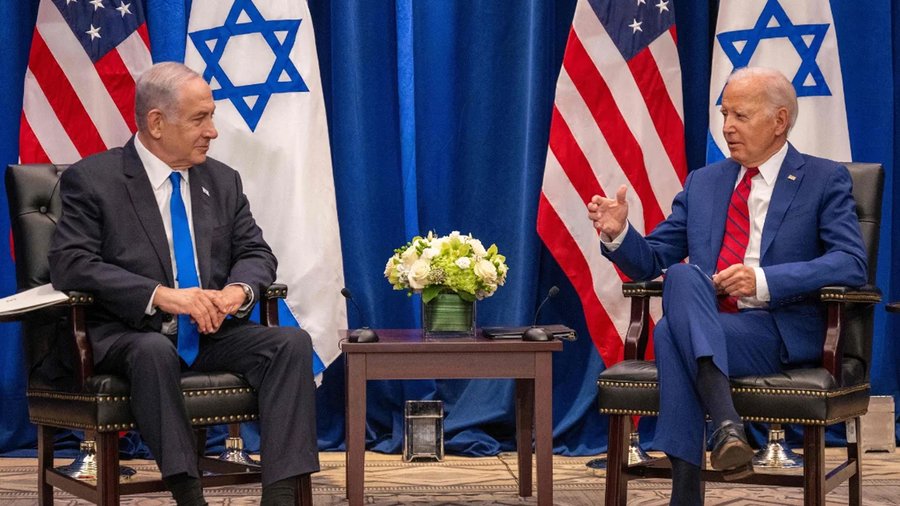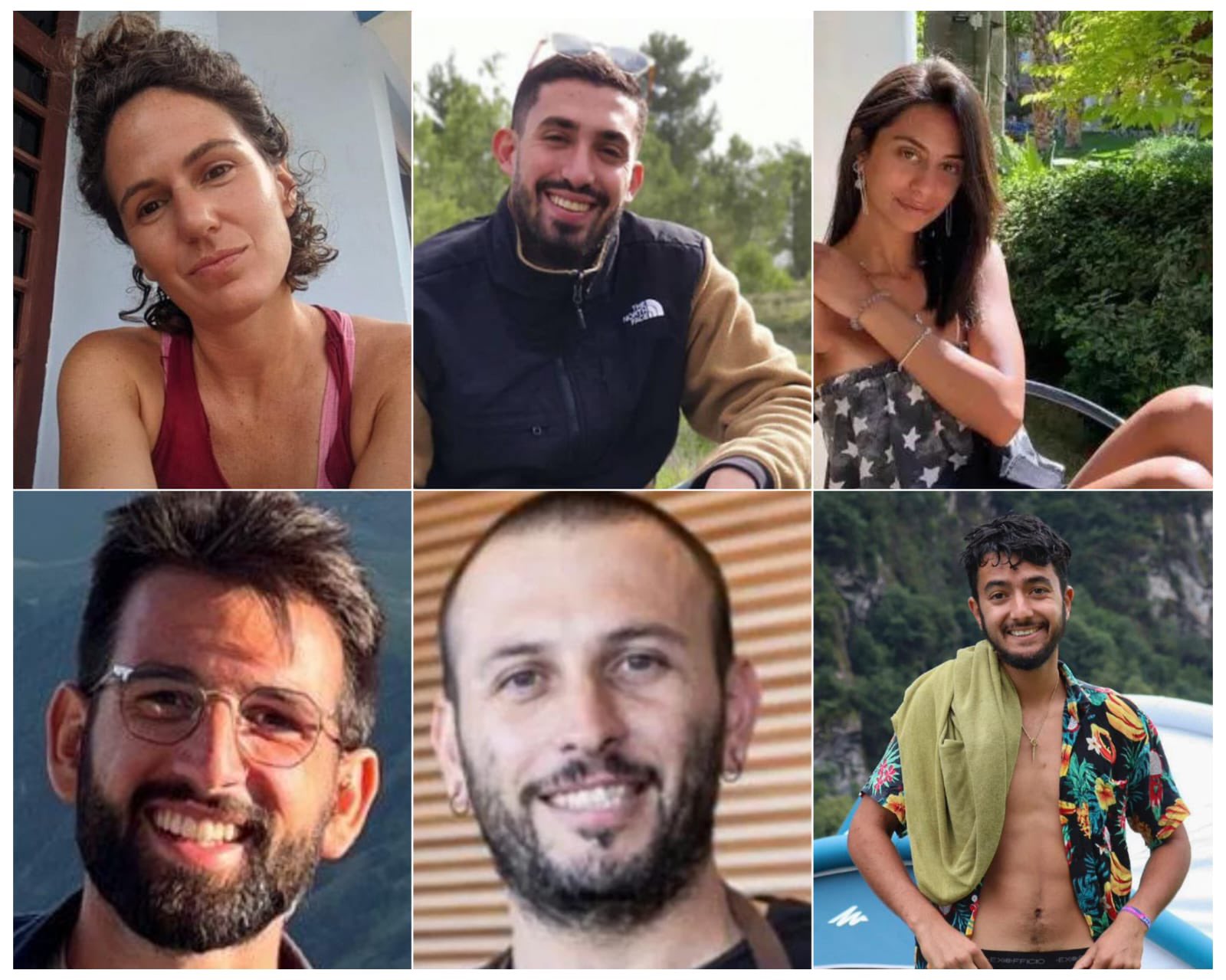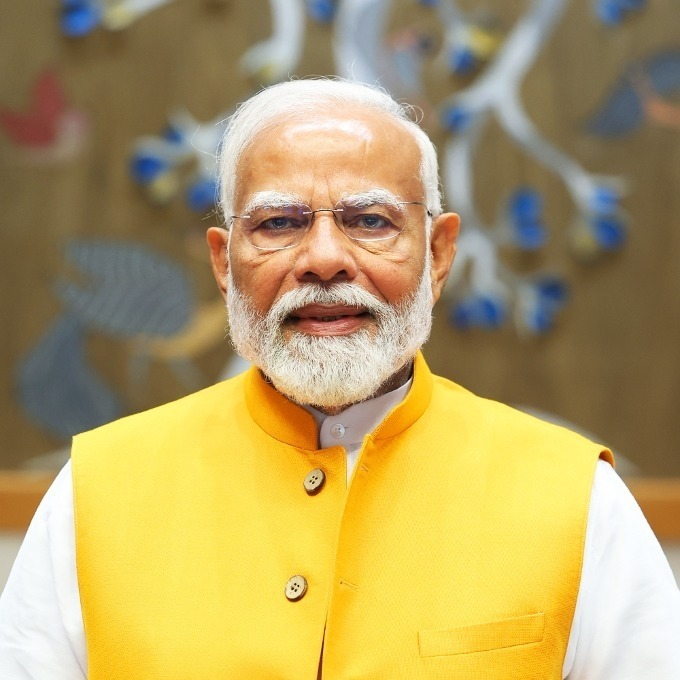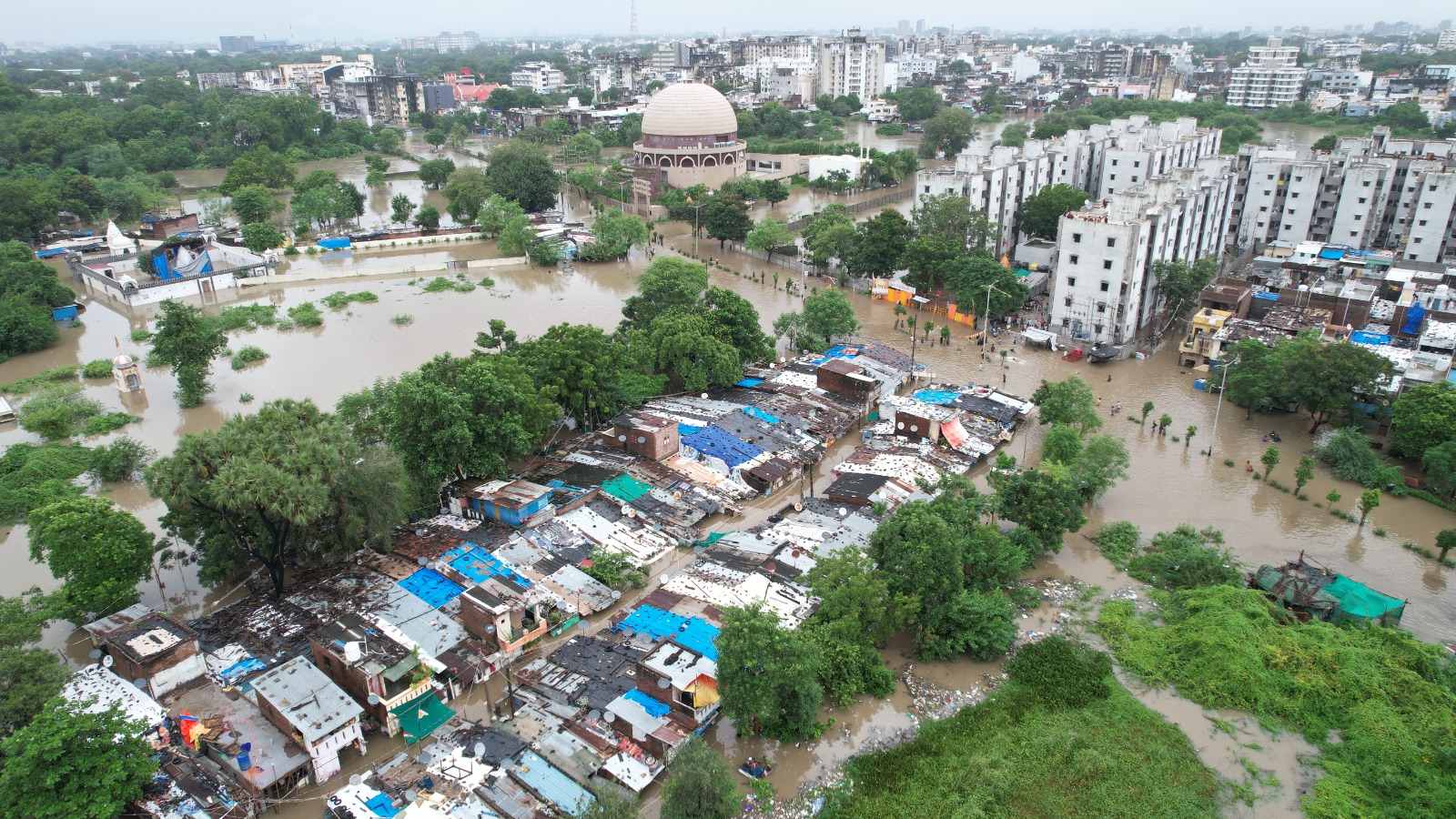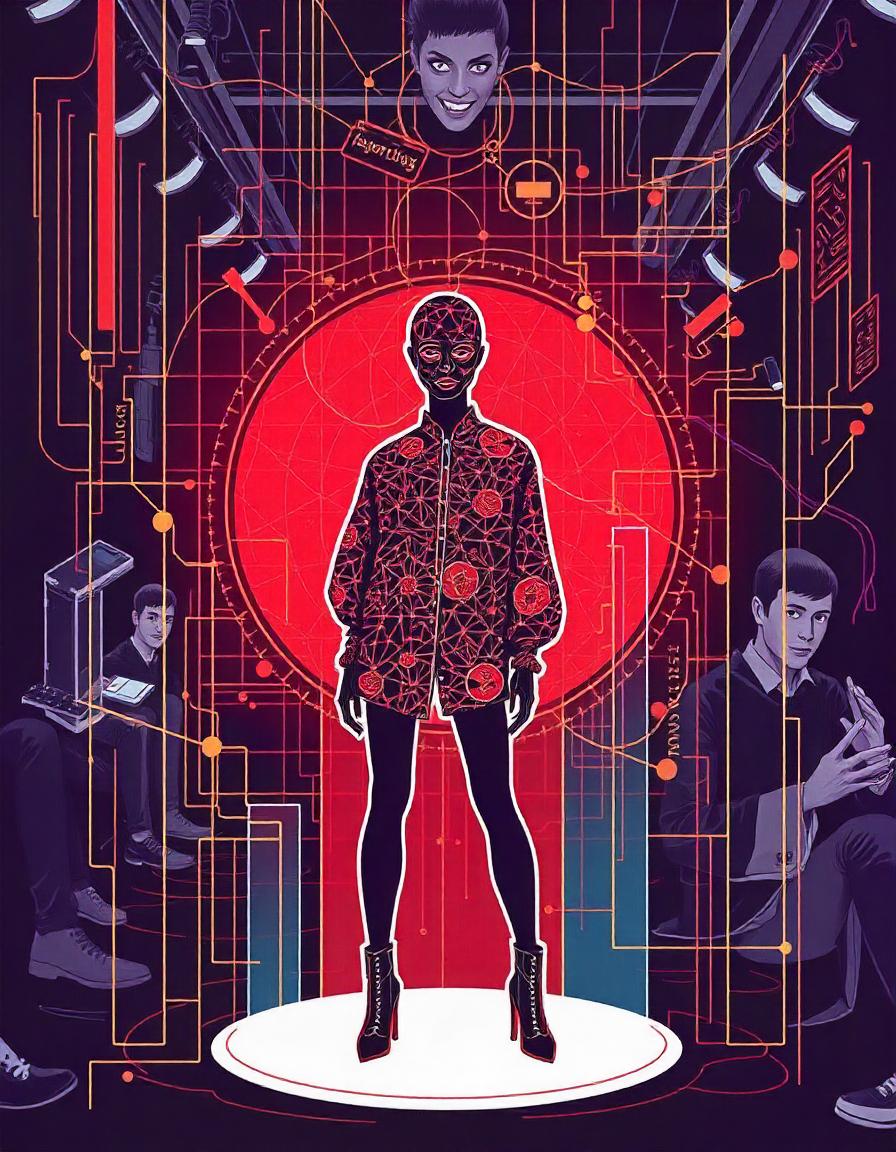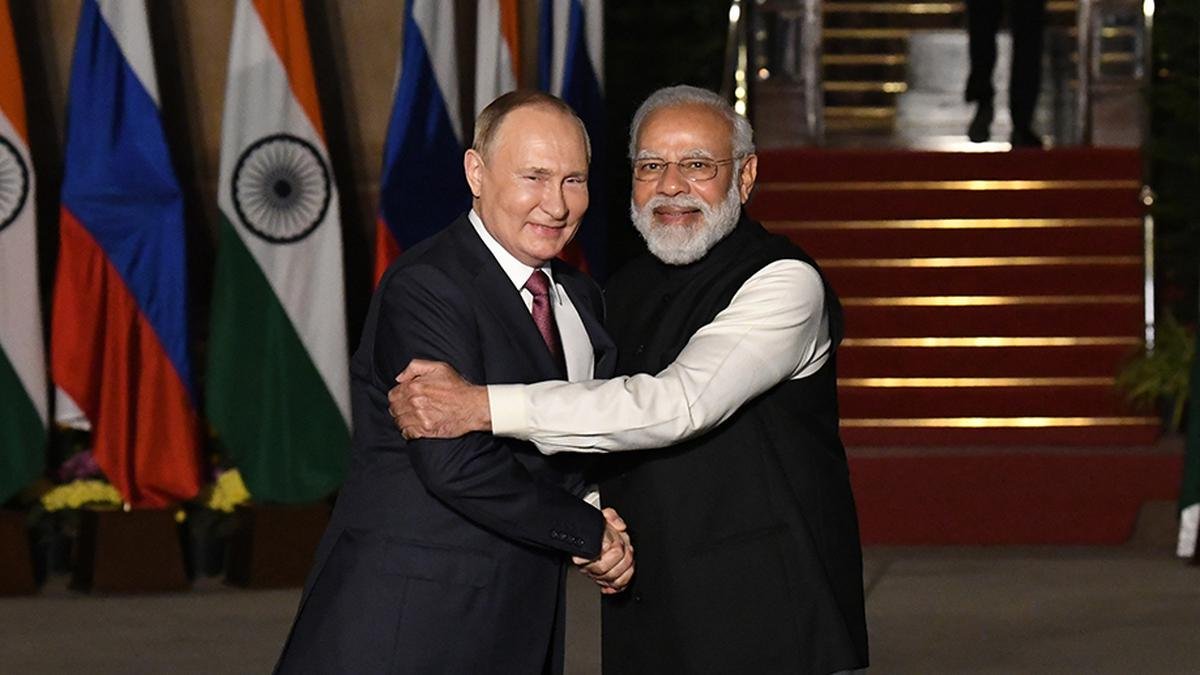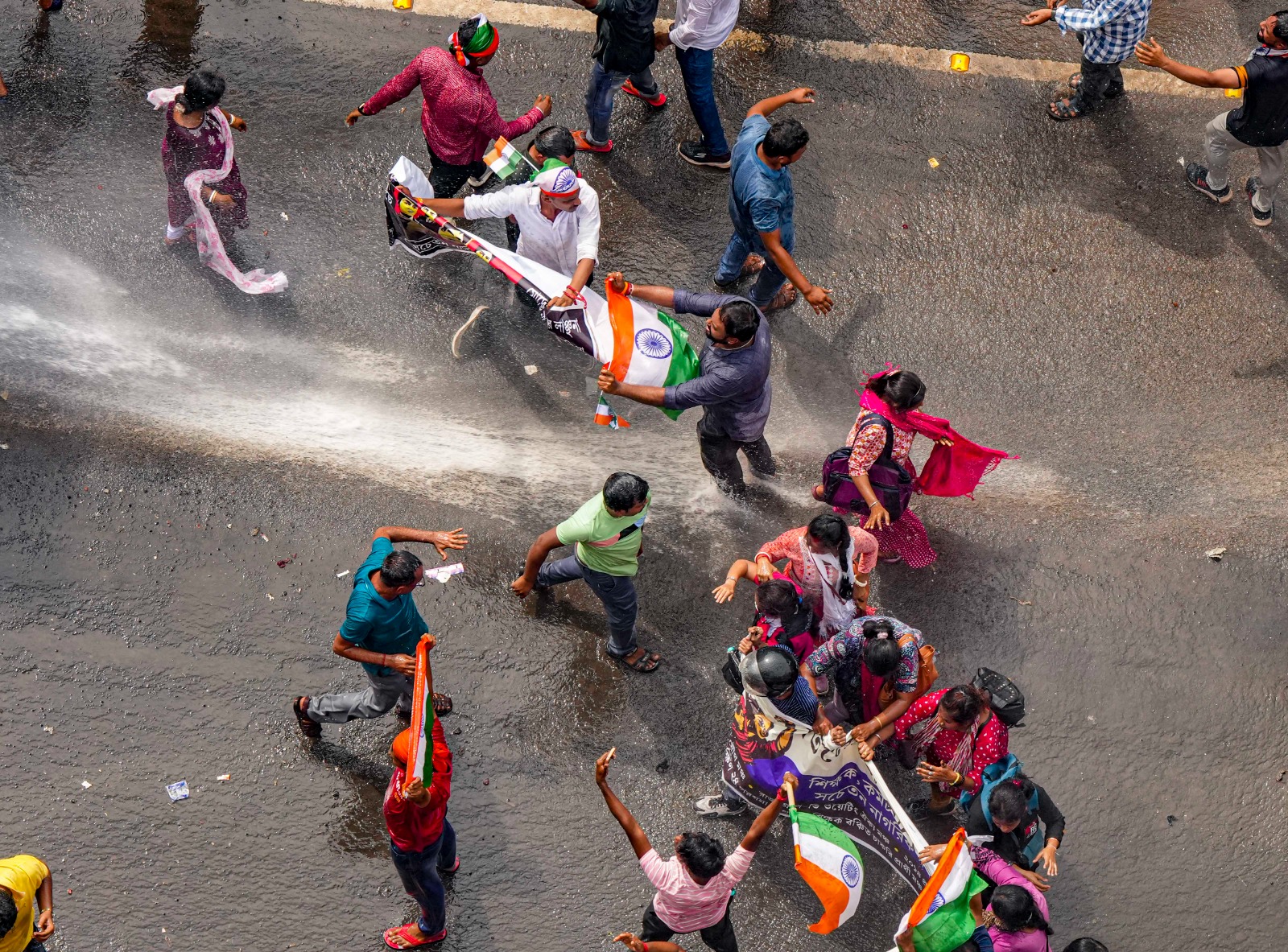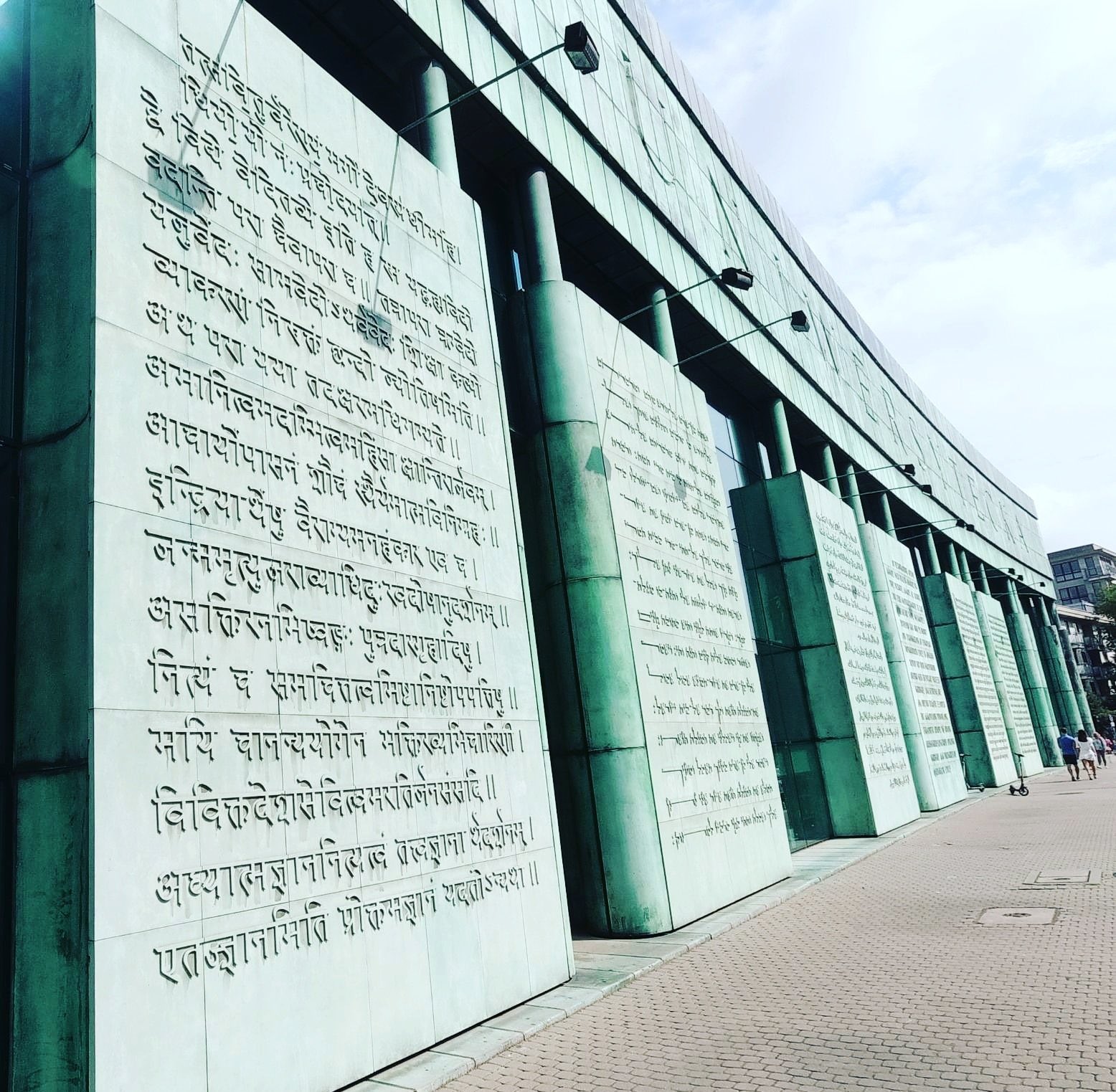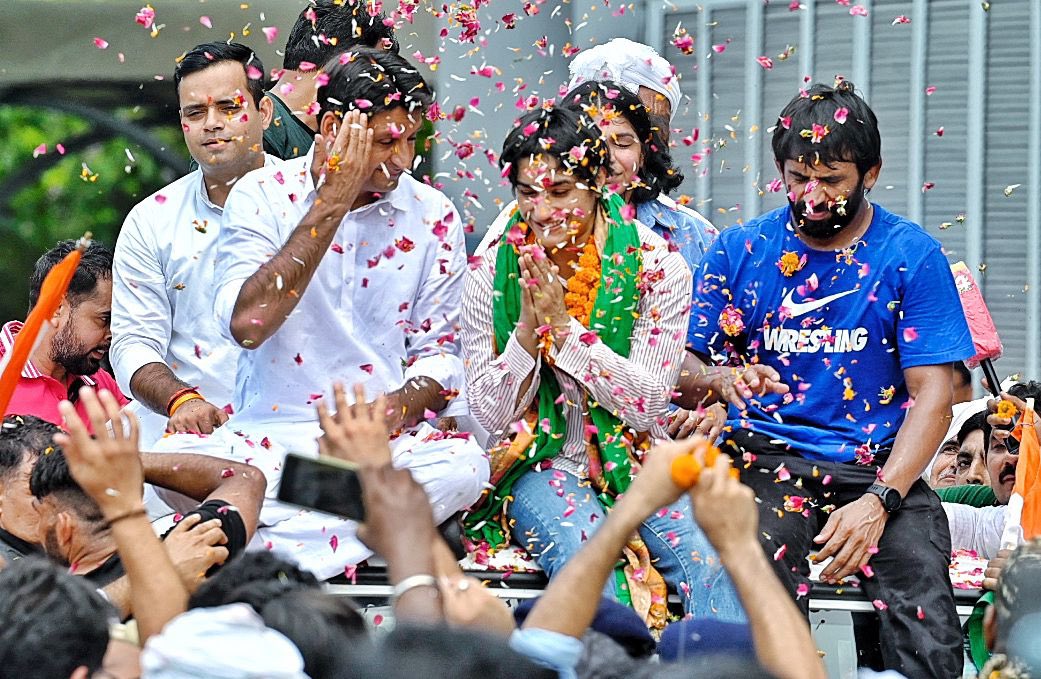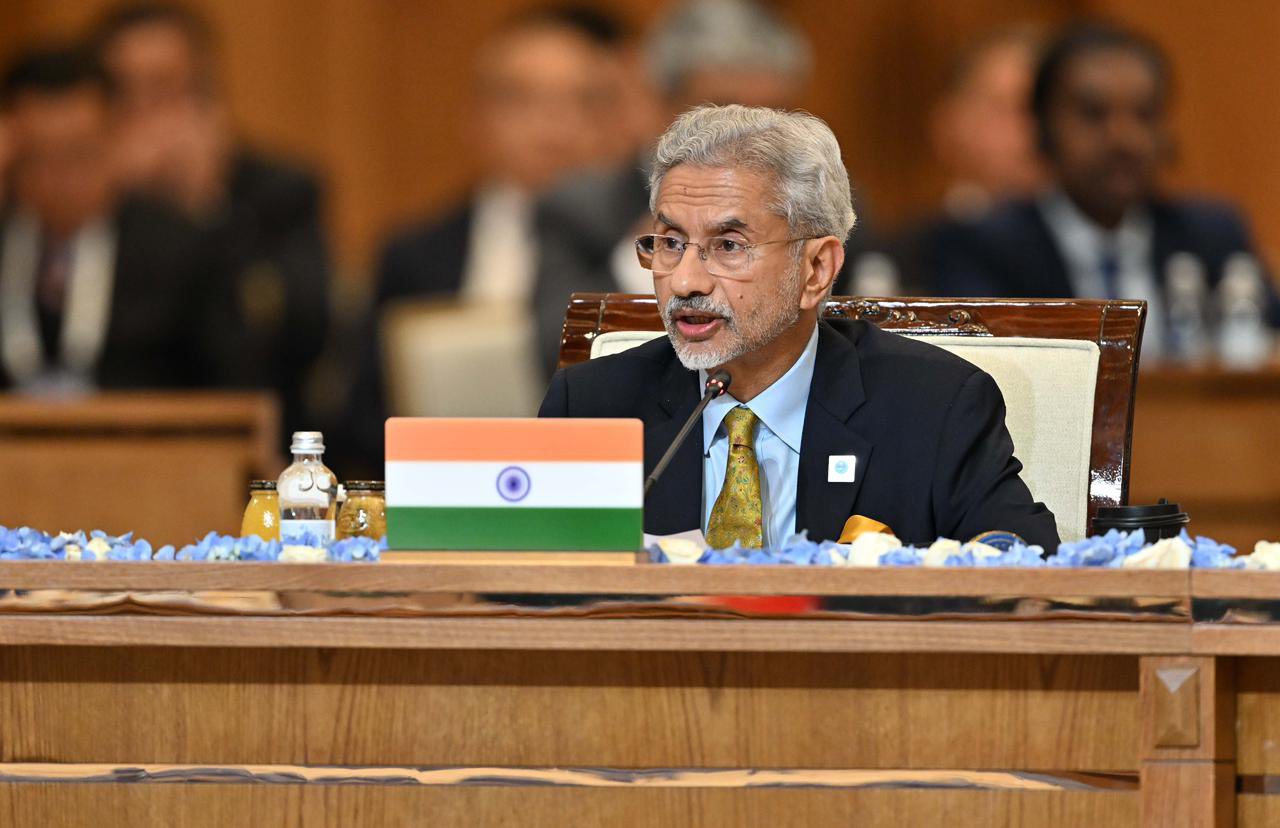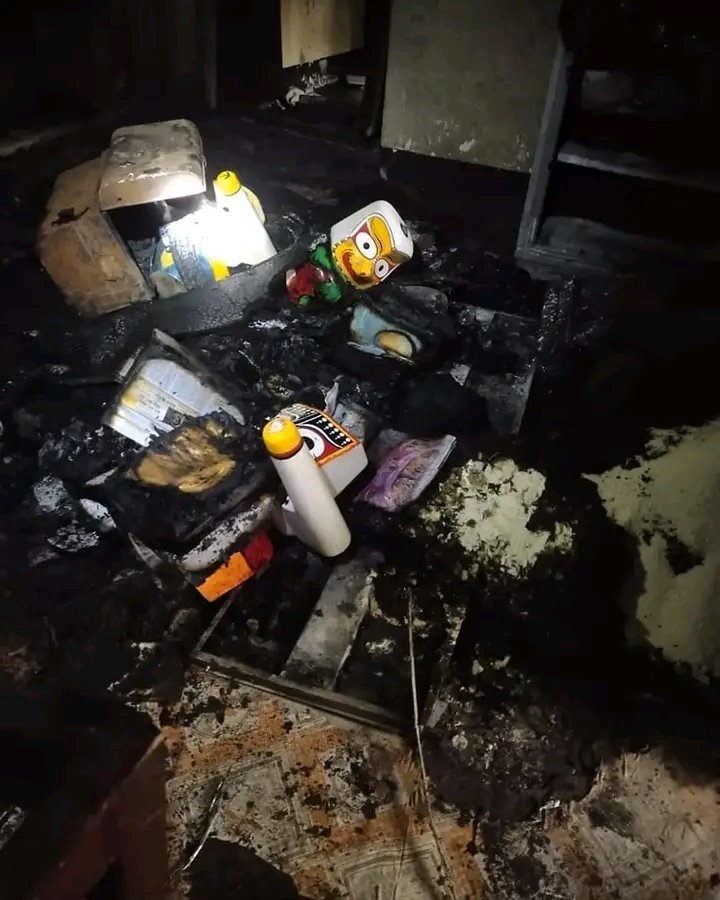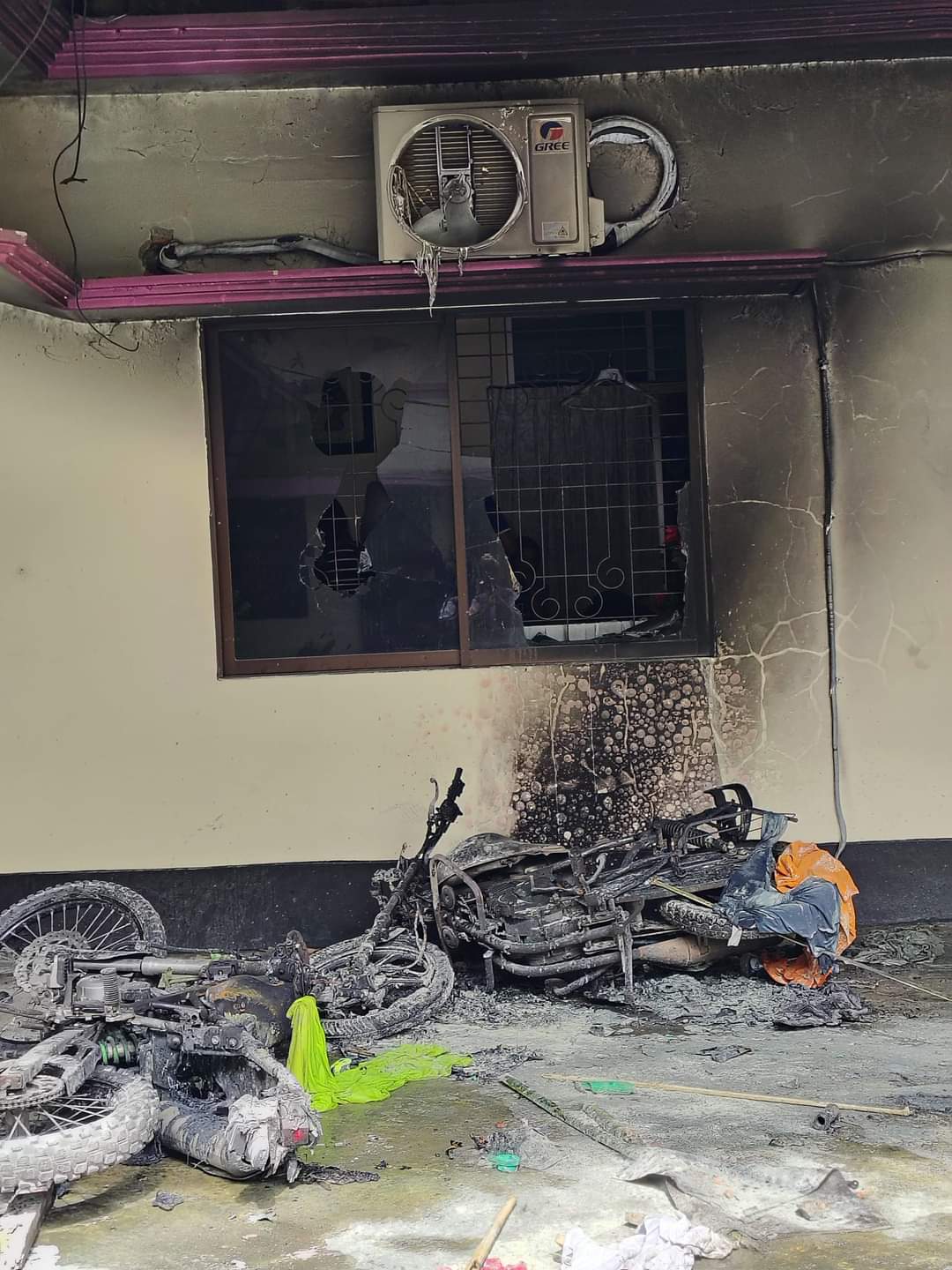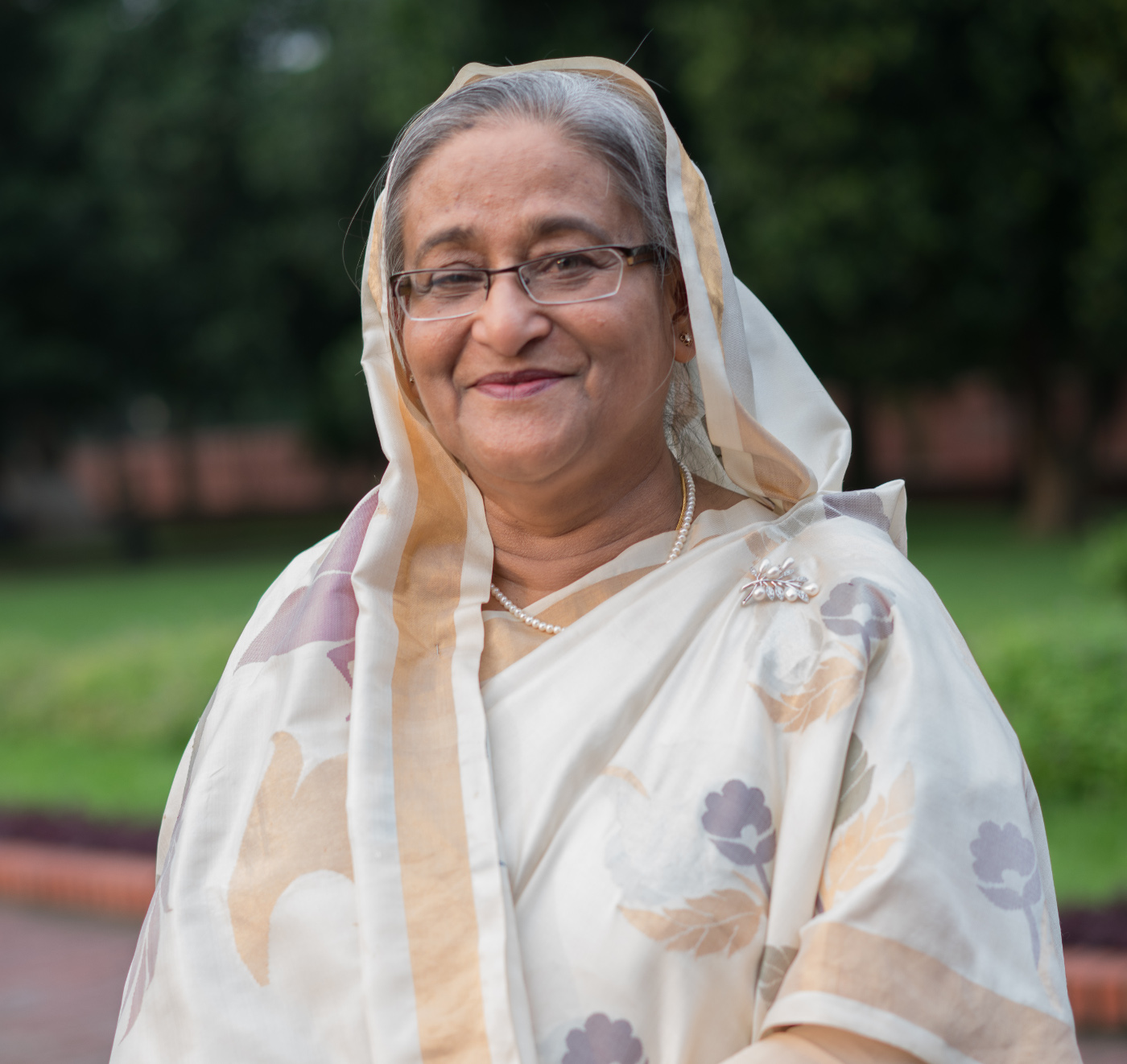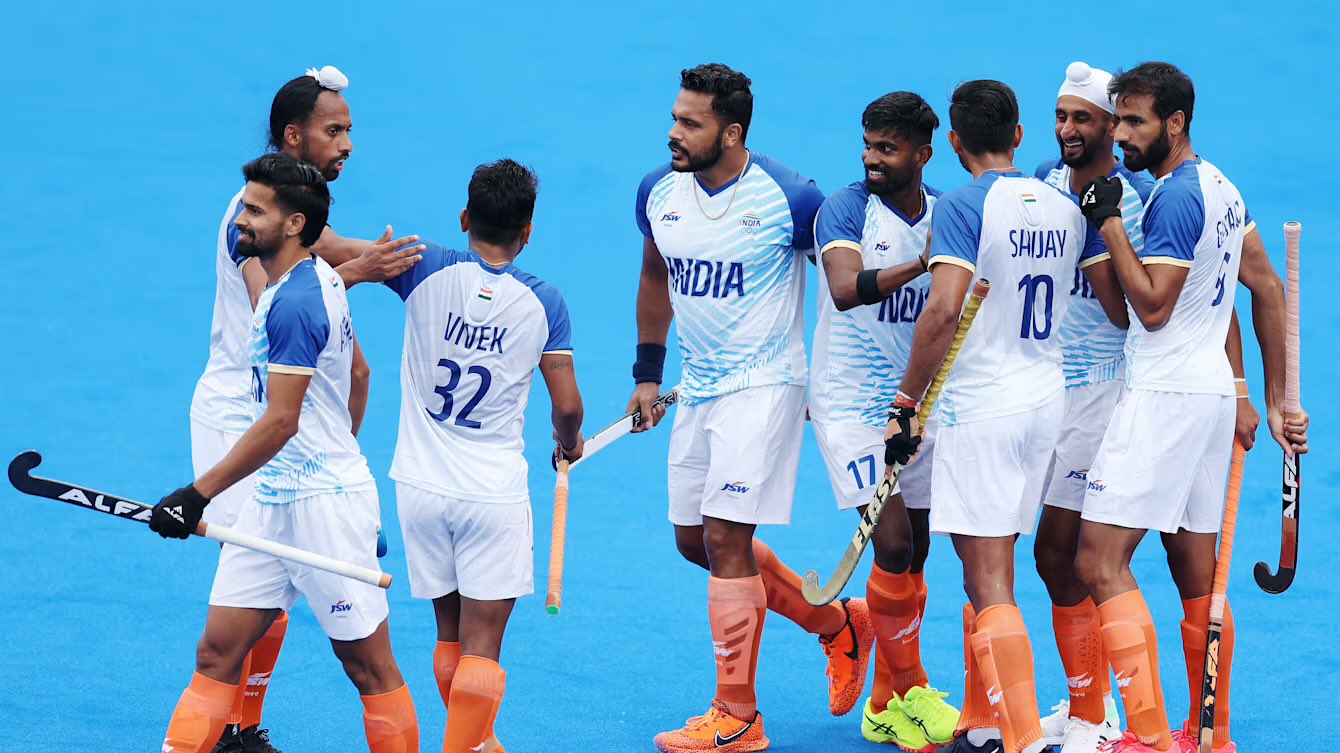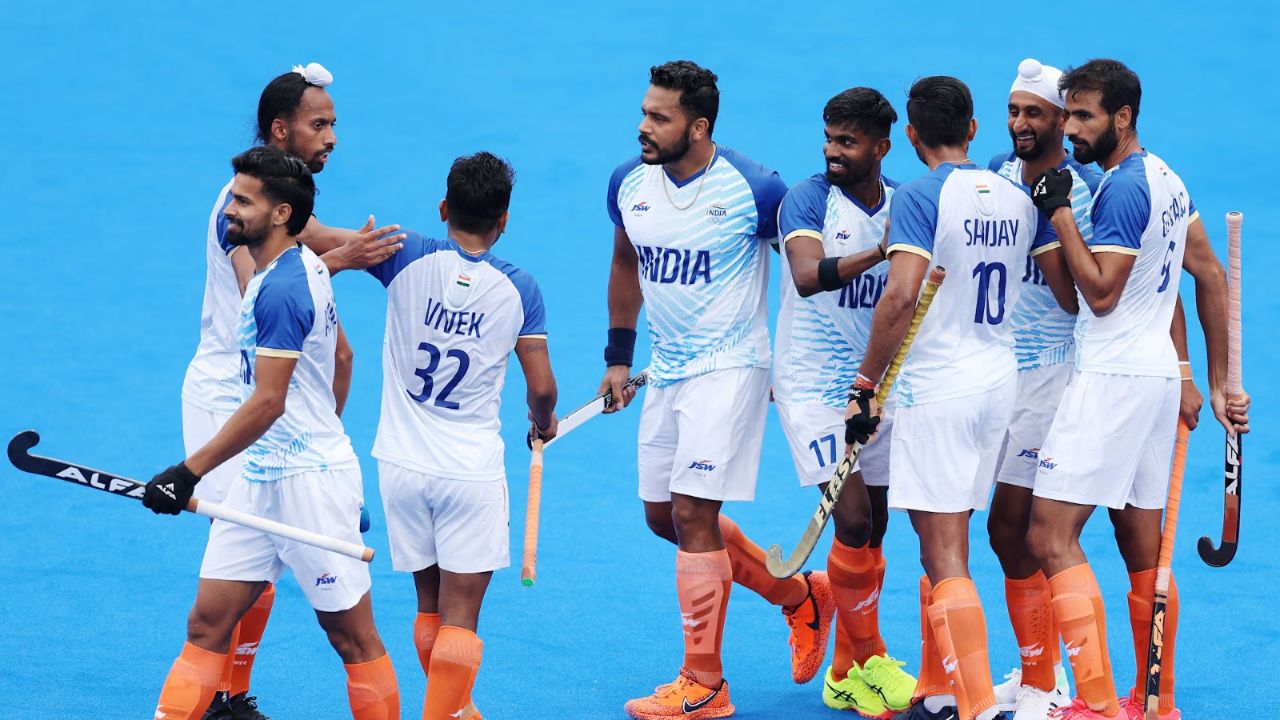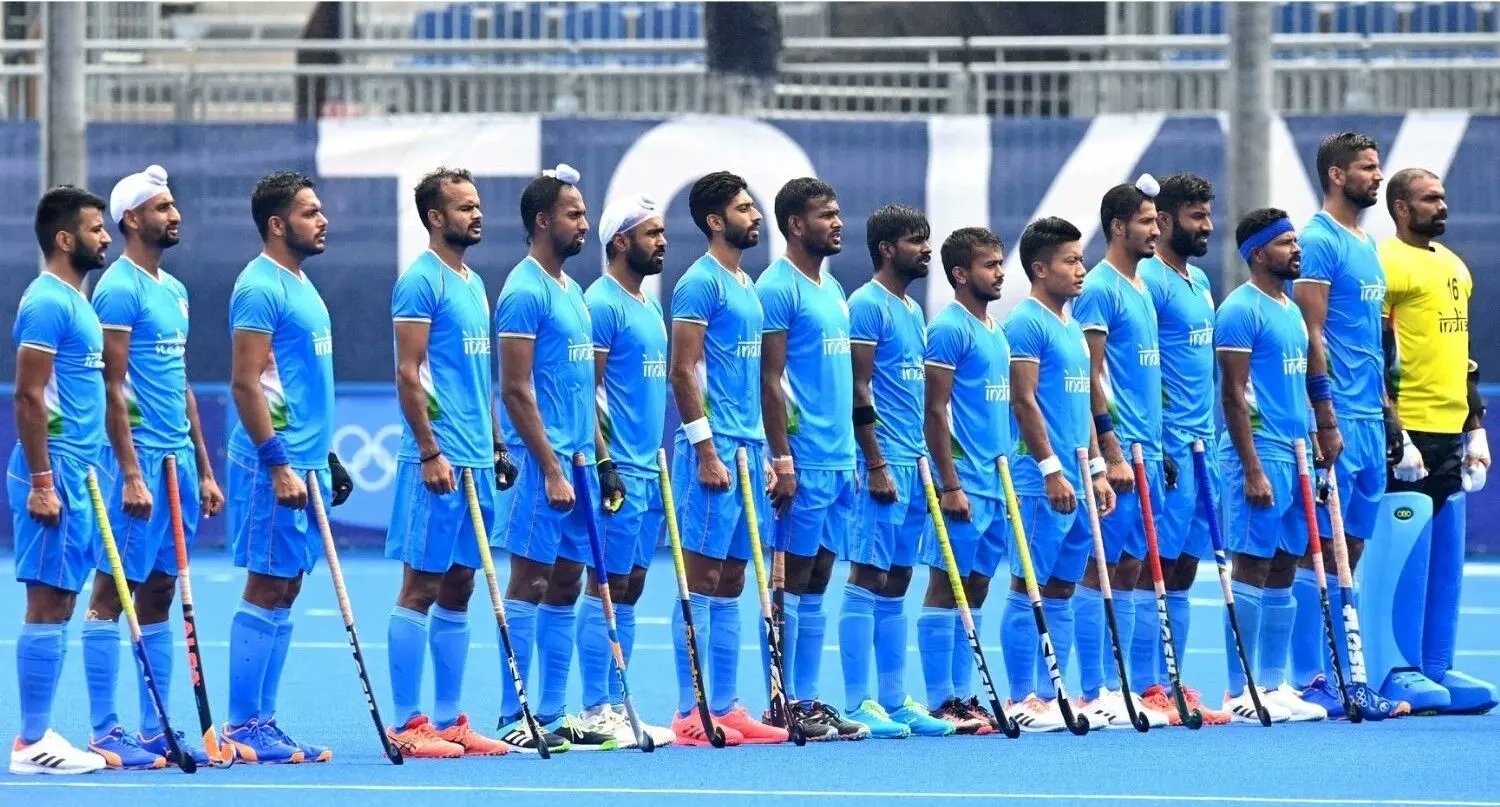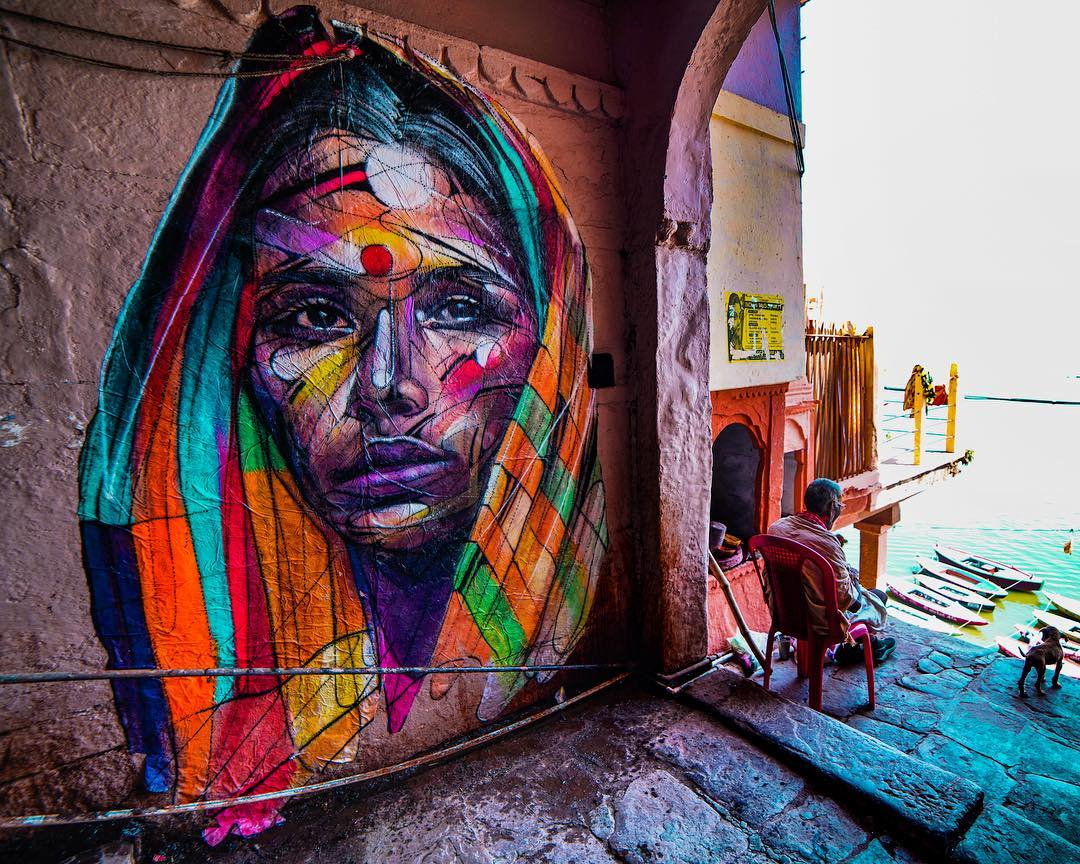August 20, 2024 – In a landmark judgment that brought justice after more than three decades, six culprits involved in one of India’s largest sex scandals, the Ajmer Sex Scandal, were sentenced to life imprisonment by the district court in Ajmer. The convicted individuals include Nafees Chishti, Naseem alias Tarzan, Salim Chishti, Iqbal Bhati, Sohil Gani, and Syed Zameer Hussain. The court also imposed a fine of Rs. 5 lakh on each of the convicts. This verdict comes after a protracted legal battle lasting 32 years, marking a crucial victory for the victims and their families.
The Unveiling of the Ajmer Sex Scandal
The Ajmer Sex Scandal, which first came to light in April 1992, shocked the nation with its horrific details. The scandal involved the sexual exploitation of over 100 young women, primarily schoolgirls aged between 17 and 20. These girls were manipulated, sexually abused, and
blackmailed by a group of influential men, many of whom held political and religious power in Ajmer. The scandal’s main accused were closely linked to the Congress Party, and the scandal also implicated several Khadims, the caretakers of the revered Ajmer Dargah.
The scandal began with Farooq Chishti, then-President of the Ajmer Youth Congress, grooming and raping a minor female student from Sophia Senior Secondary School. He took explicit photographs of her and used them to coerce her into introducing other girls to him and his accomplices. What started with one victim quickly escalated into a widespread racket of sexual exploitation and blackmail that engulfed dozens of schoolgirls in the city.
How the Scandal Came to Light
The scandal was first exposed by journalist Santosh Gupta in the Hindi daily Dainik Navjyoti. His investigative report revealed how influential men in Ajmer were systematically exploiting young girls. The sexual assaults were recorded, and the perpetrators used these recordings to blackmail the victims into silence and to lure more girls into their trap. Gupta’s report sent shockwaves across the country, leading to outrage and demands for justice.
Despite the enormity of the scandal, the investigation faced significant roadblocks. The accused, who held powerful political and social positions, allegedly attempted to destroy evidence and suppress the investigation. Local law enforcement agencies were accused of being complicit, stalling the investigation, and succumbing to political pressure to prevent communal unrest in the city.
Political and Social Implications
One of the most disturbing aspects of the scandal was the involvement of political figures from the Congress Party. The main accused, Farooq Chishti, served as the President of the Ajmer Youth Congress, while other key accused, including Nafees Chishti and Anwar Chishti, held significant positions within the Ajmer Indian National Congress. Additionally, several accused were Khadims, who were deeply respected as the caretakers of the Ajmer Dargah, one of the most revered Sufi shrines in India.
This political and religious connection made the investigation even more complicated. The local administration and police were accused of deliberately delaying action to protect the powerful accused. This led to public anger and protests across Ajmer and beyond. The victims, many of whom belonged to Hindu families, were often silenced by threats and intimidation from the accused, many of whom were from Muslim families, further complicating the communal situation in the region.
Victims’ Struggles for Justice
The road to justice was long and fraught with difficulties for the victims of the Ajmer Sex Scandal. Many of the victims were reluctant to come forward due to the stigma attached to sexual violence, as well as fear of retribution from the powerful men involved. Several victims reportedly committed suicide, unable to bear the trauma and the public scrutiny. Only a handful of the victims were able to gather the courage to file complaints and testify against their abusers.
Over the years, many of the witnesses turned hostile, either out of fear or due to social pressures. The slow pace of the judicial process, combined with the accused’s attempts to evade justice, meant that the case dragged on for more than three decades.
Exploitation by Local Media
As if the mass exploitation of hundreds of girls was not enough, some local tabloids and small-time journalists allegedly blackmailed the victims further. These publications reportedly gained access to explicit images of the victims and demanded money from the victims’ families to keep the images from being published. One such case involved Madan Singh, the chief editor of the tabloid Lehron Ki Barkha, who was accused of blackmailing the victims. Singh was later assassinated in 1992, and his sons avenged his death in January 2023.
The Investigation and Legal Proceedings
Despite the initial reluctance of law enforcement to act, the case was eventually handed over to the CID in May 1992 by the then Chief Minister of Rajasthan, Bairon Singh Shekhawat. A thorough investigation revealed the involvement of several high-profile individuals, including Youth Congress leaders and Khadims of the Ajmer Dargah. The case also exposed the deep-rooted nexus between politics, religion, and crime in the region.
The CID’s investigation resulted in multiple chargesheets being filed against 12 accused. However, the legal proceedings were delayed for years, with some of the accused managing to destroy crucial evidence and intimidate witnesses. In 1998, the first set of convictions was handed down, with several of the accused being sentenced to life imprisonment. However, four of them were acquitted by the Rajasthan High Court in 2001, and in 2003, the sentences of four others were reduced to 10 years.
Final Verdict: 32 Years Later
On August 20, 2024, the district court in Ajmer finally delivered justice by sentencing the remaining six culprits to life imprisonment. The convicts, including Nafees Chishti, Naseem alias Tarzan, Salim Chishti, Iqbal Bhati, Sohil Gani, and Syed Zameer Hussain, were found guilty after a lengthy trial. In addition to life sentences, they were ordered to pay fines of Rs. 5 lakh each. The verdict was welcomed by the victims and their families, who had been waiting for justice for over three decades.
This case highlights the challenges faced by victims of sexual violence in India, particularly when powerful individuals are involved. It also serves as a reminder of the importance of a swift and impartial judicial process to ensure that justice is not delayed.
What Lies Ahead
While the court’s verdict has provided some closure to the victims, the convicts still have the option to appeal to the High Court and the Supreme Court. The road to justice may not be completely over, but the sentencing of these six culprits is a significant step in the right direction.
The Ajmer Sex Scandal remains a dark chapter in India’s history, exposing the vulnerabilities of young women and the extent of political and social corruption. However, it also stands as a testament to the resilience of the victims and the relentless pursuit of justice, no matter how long it takes.


